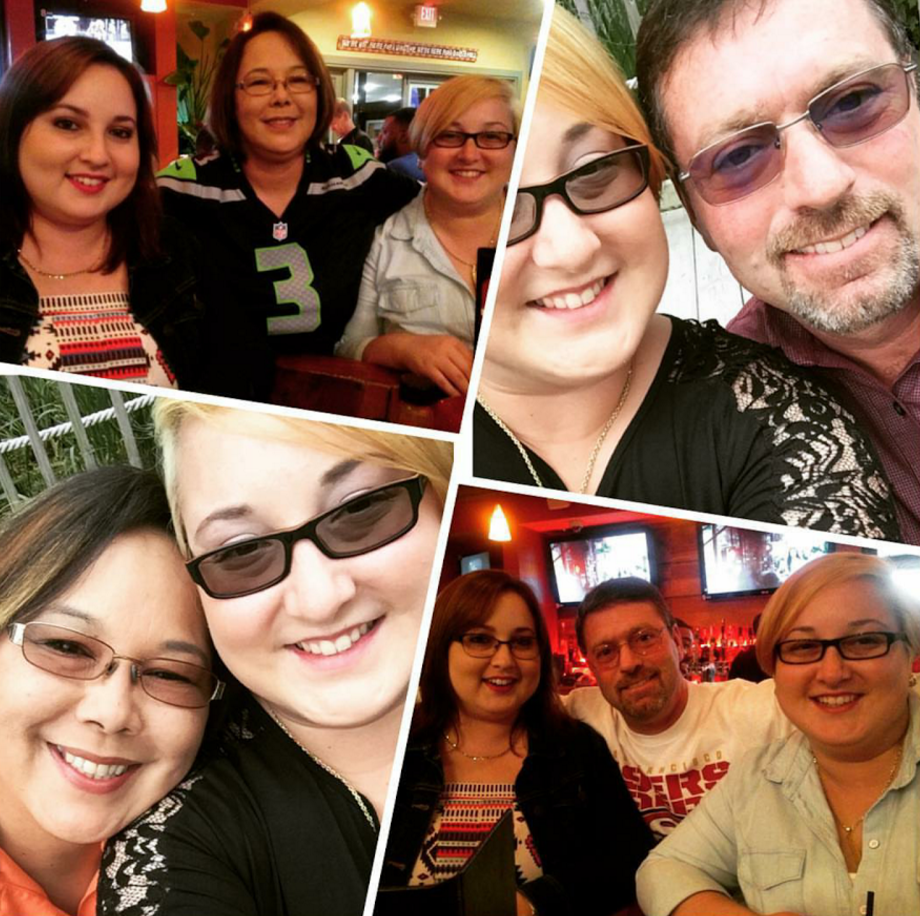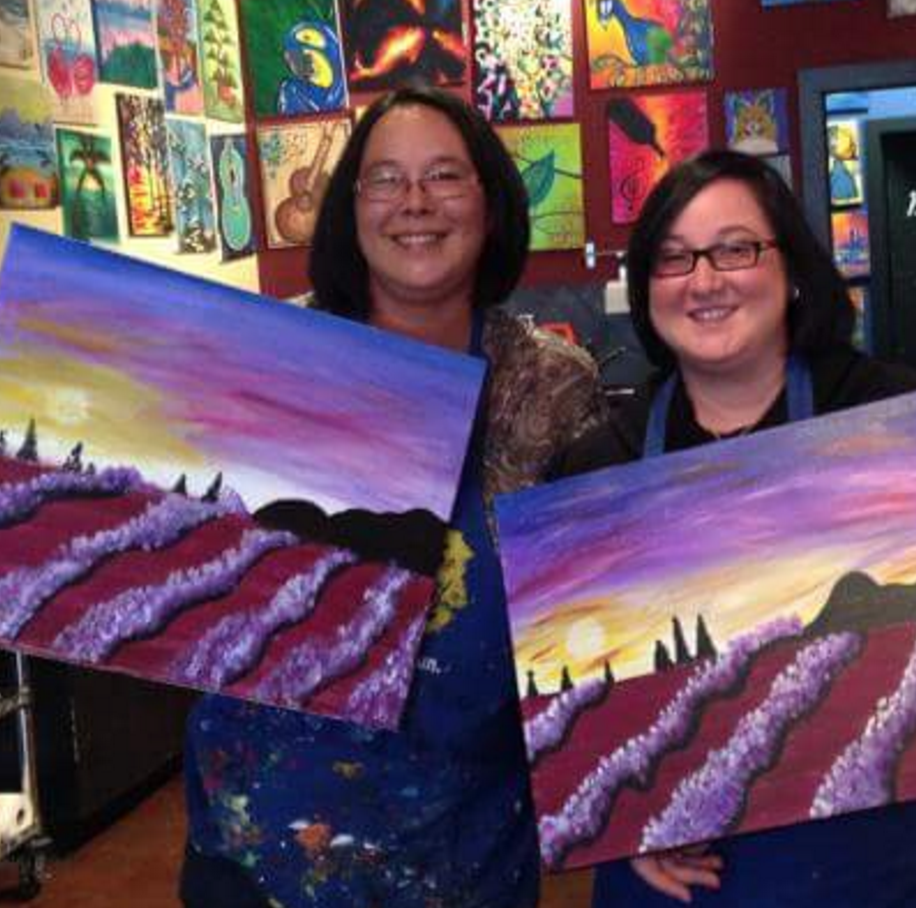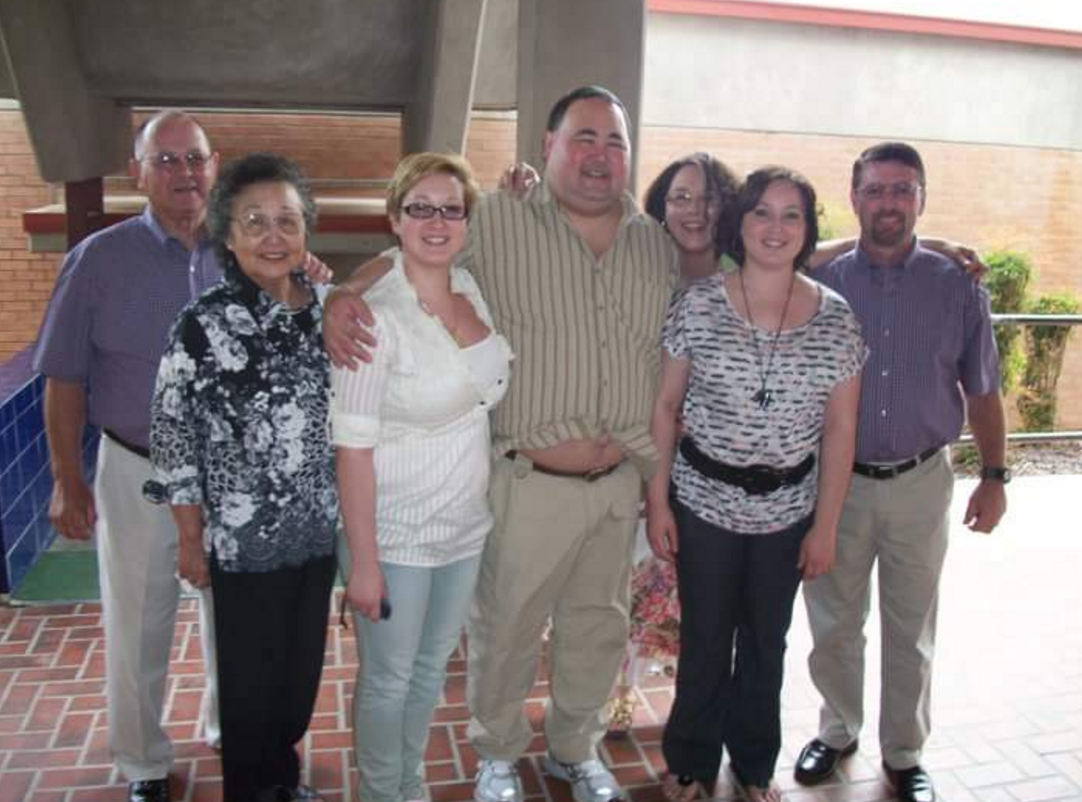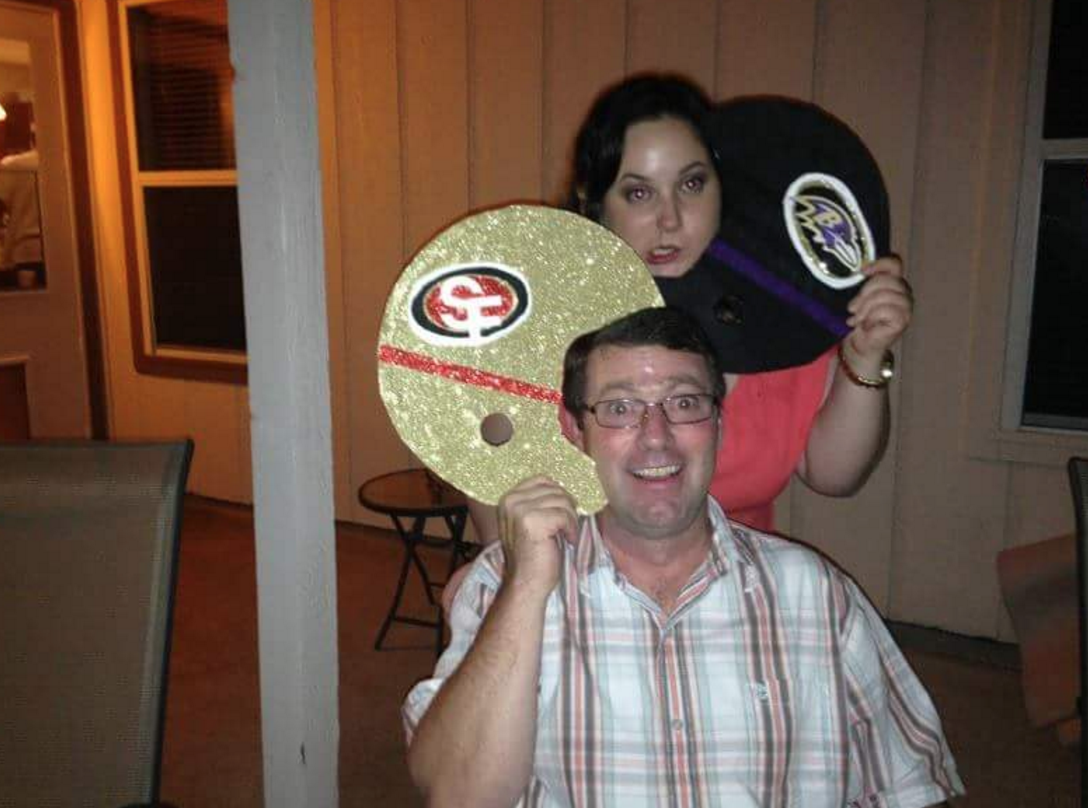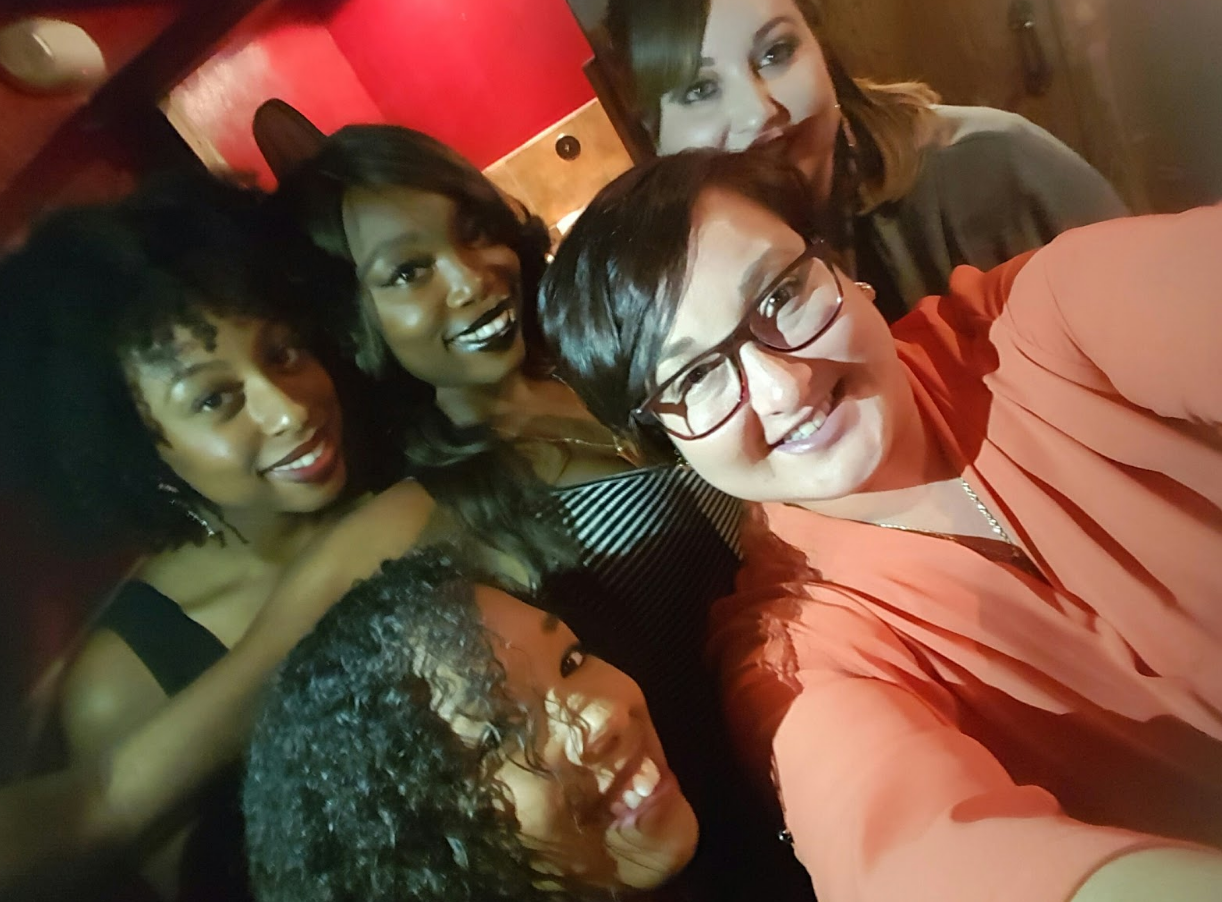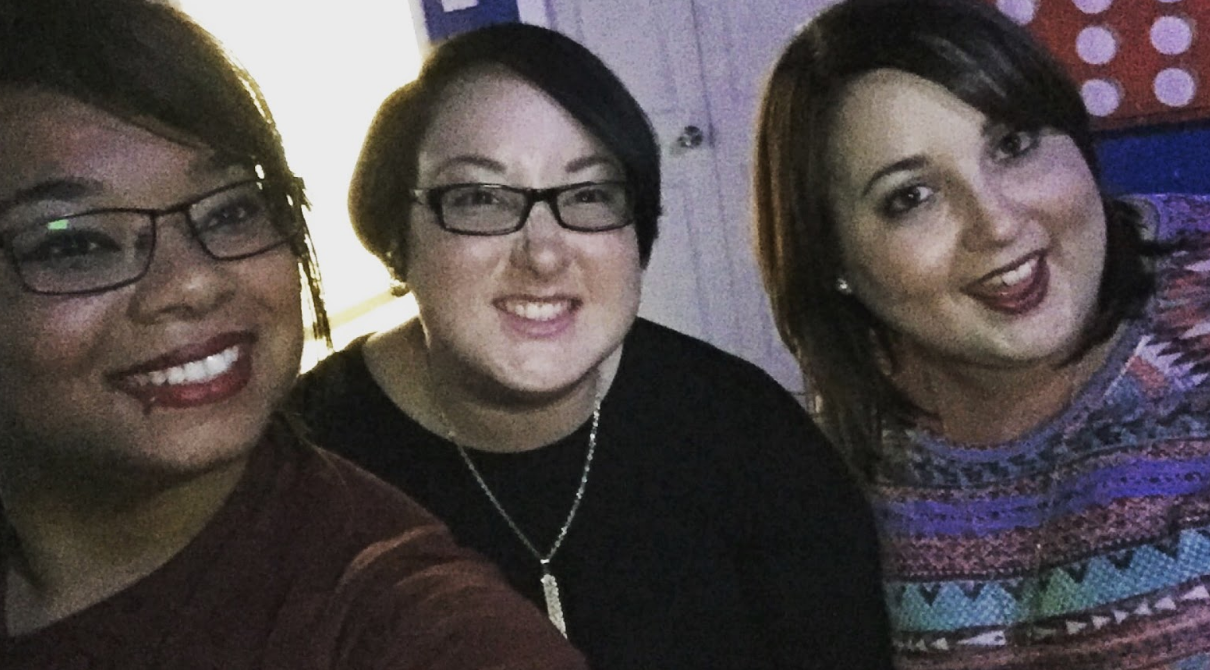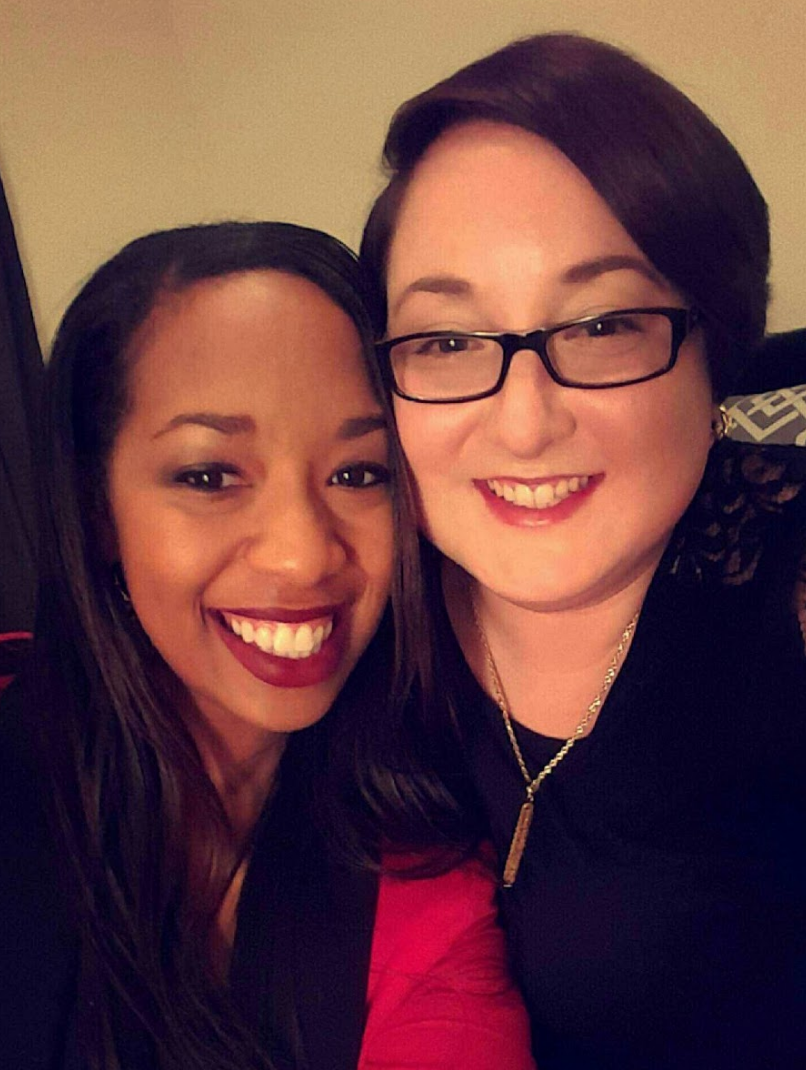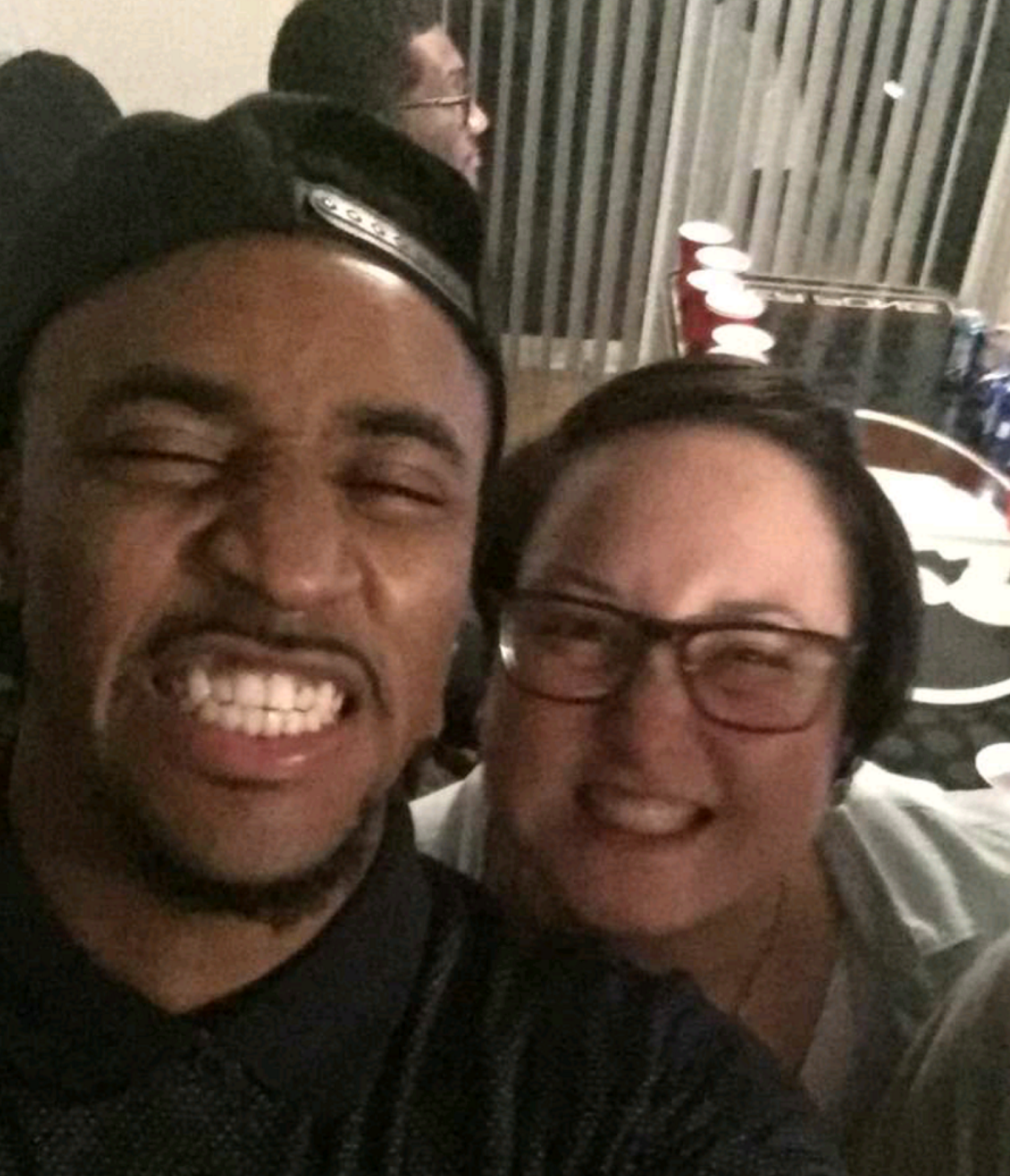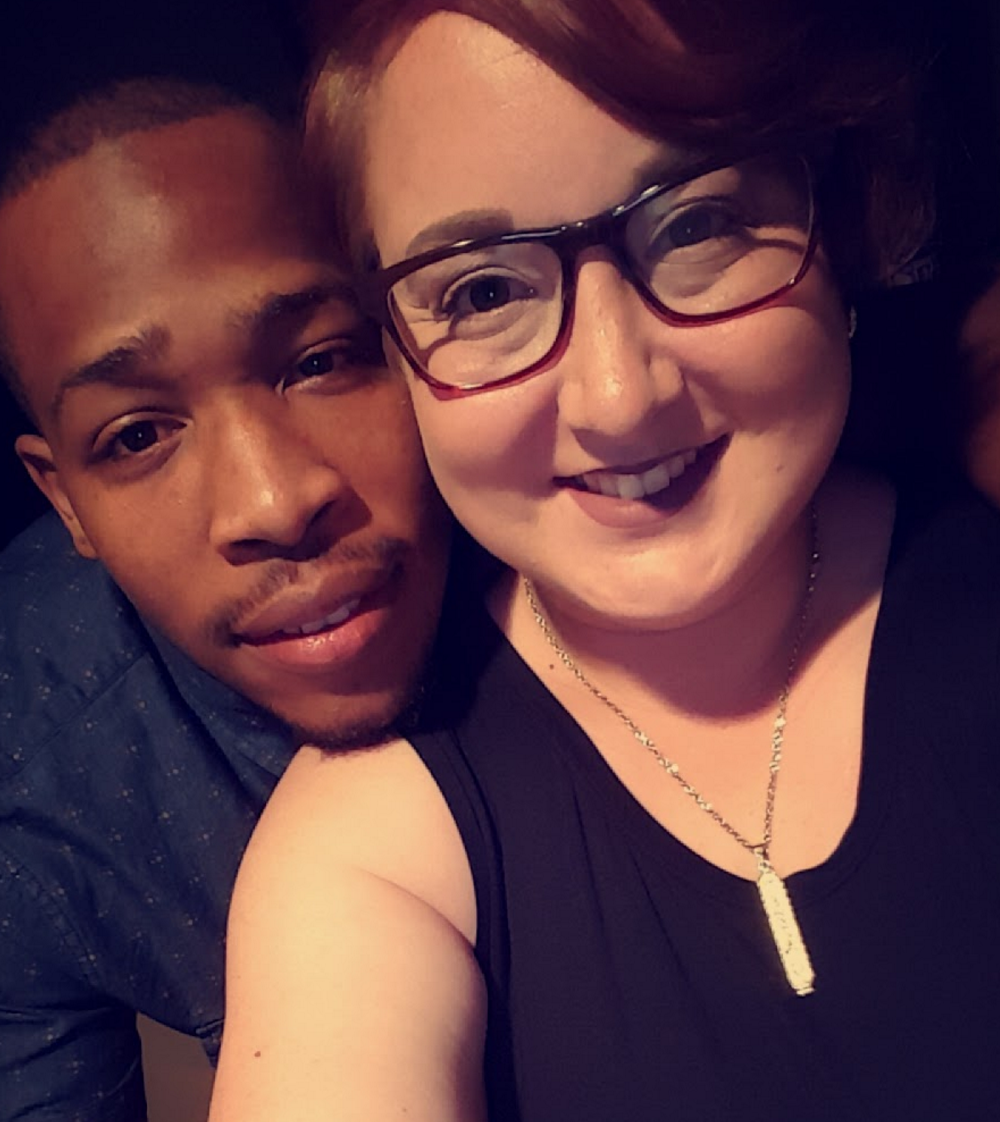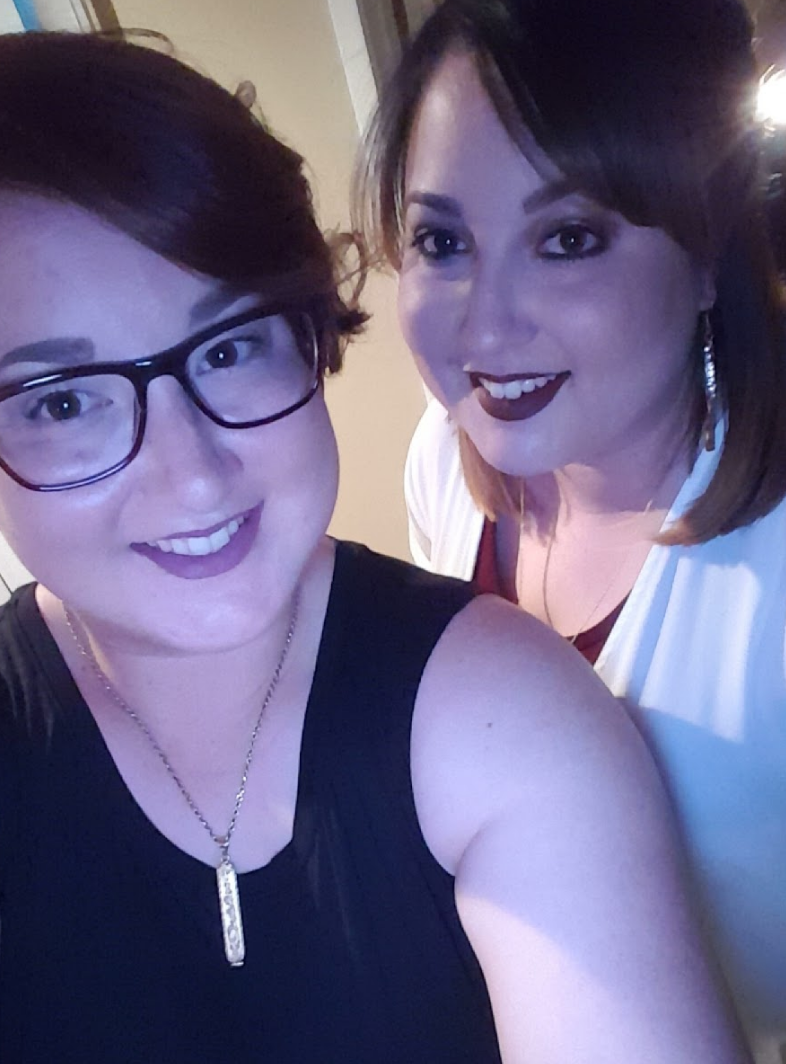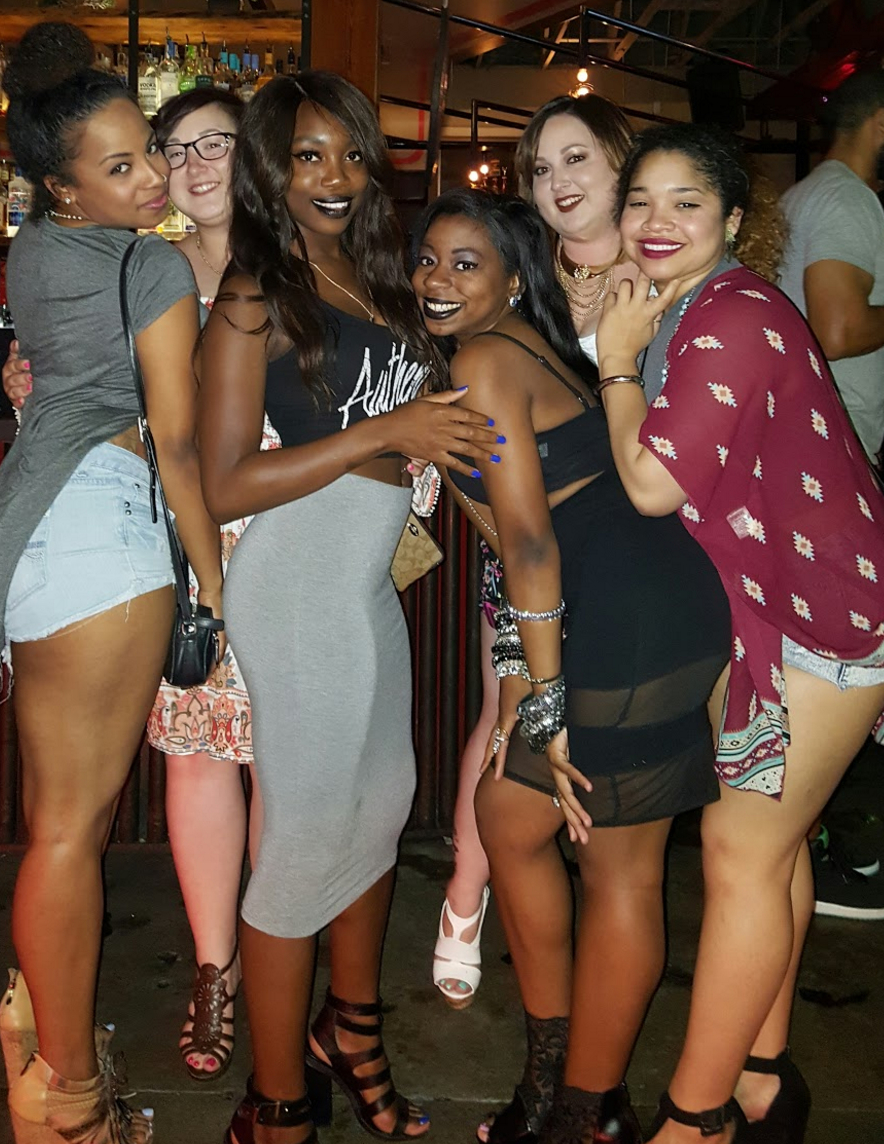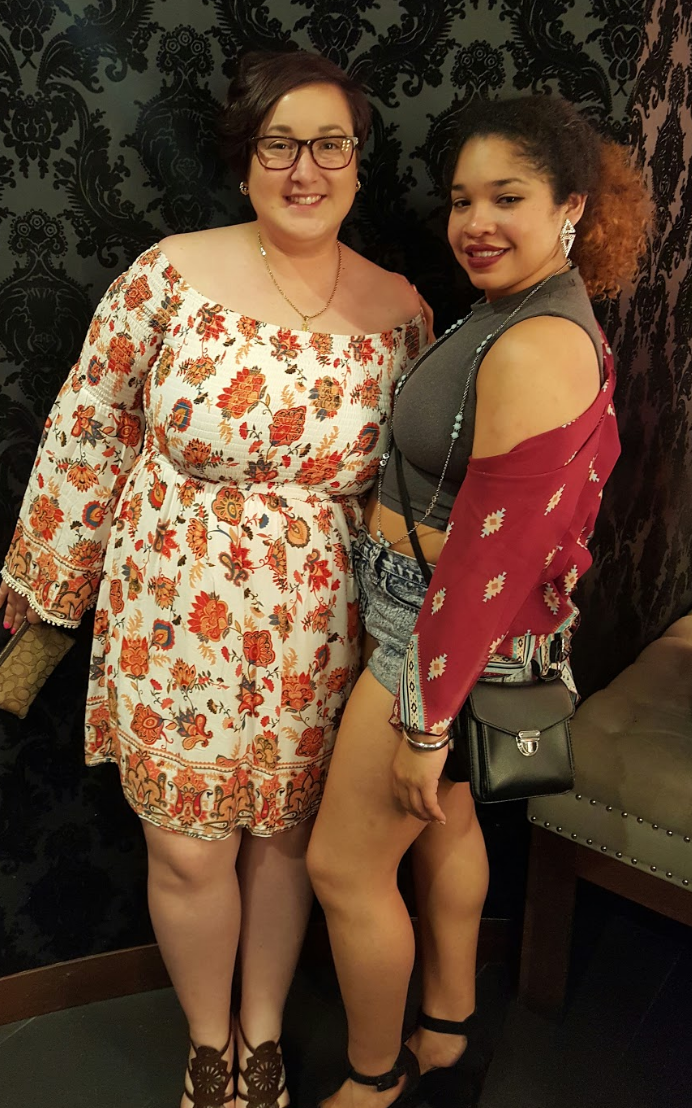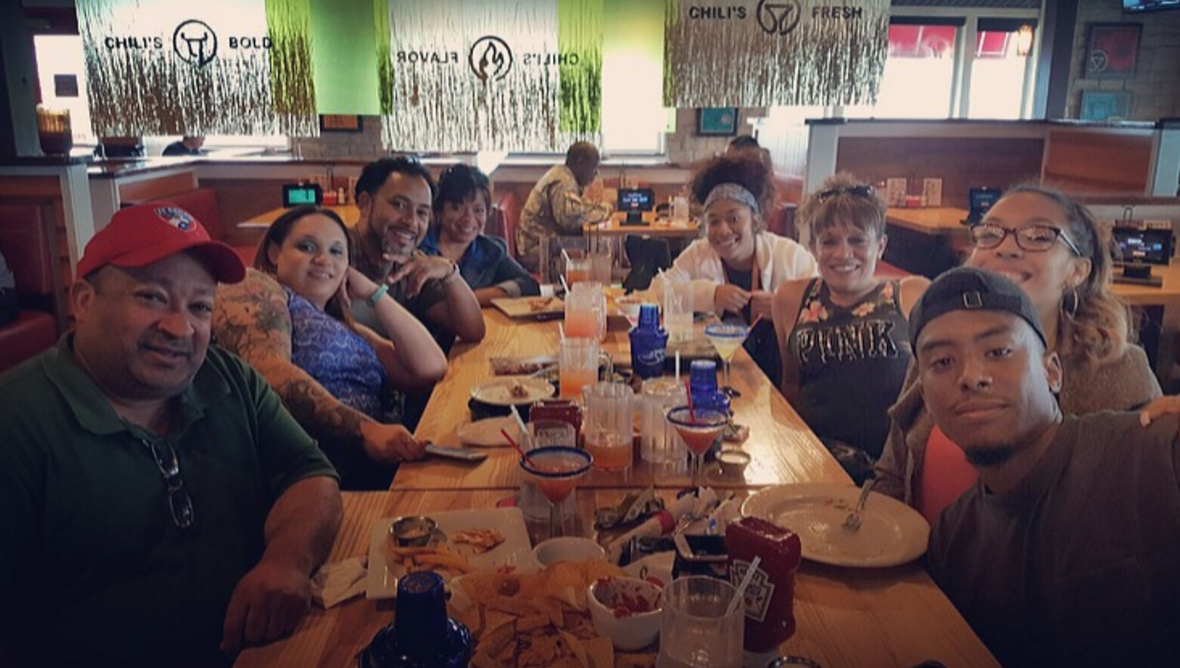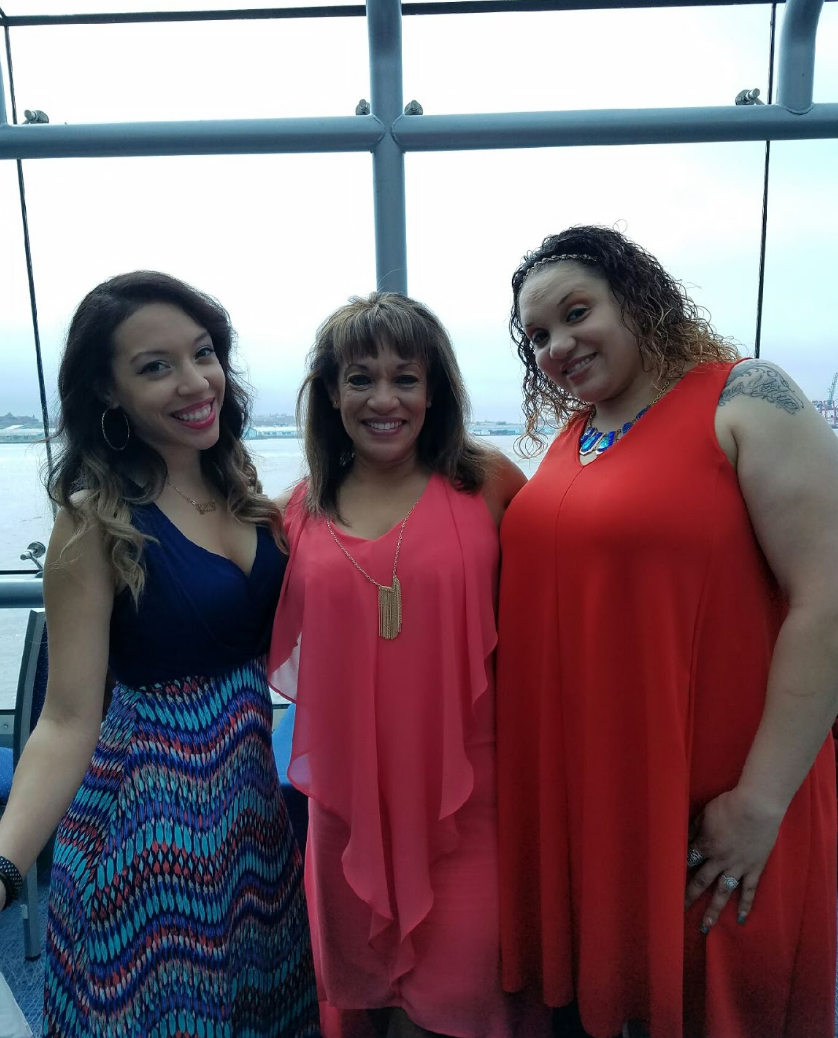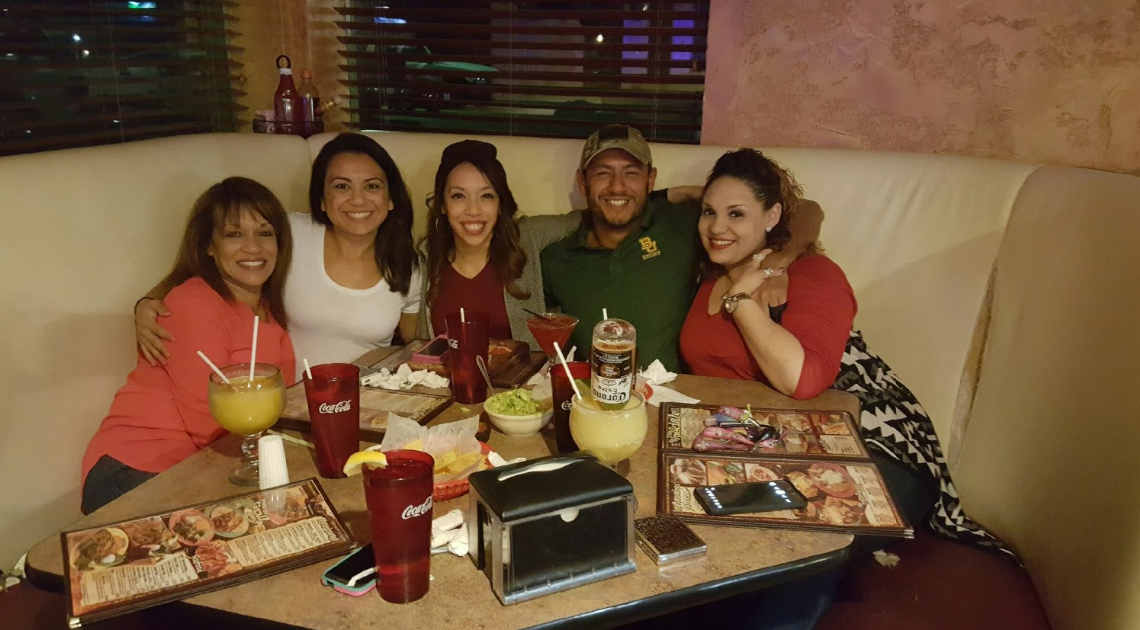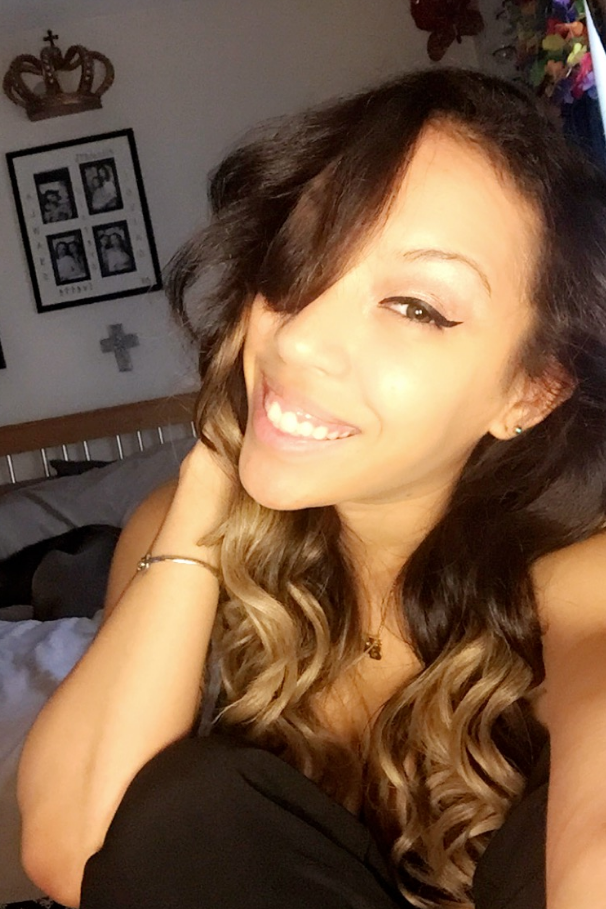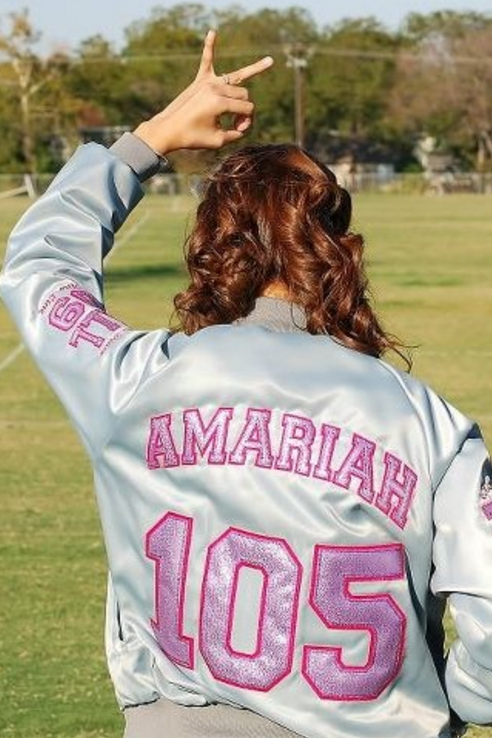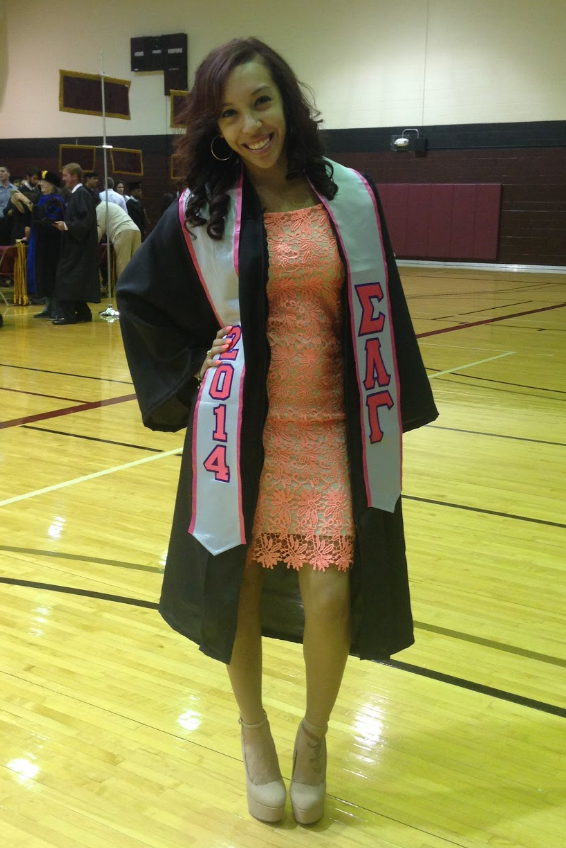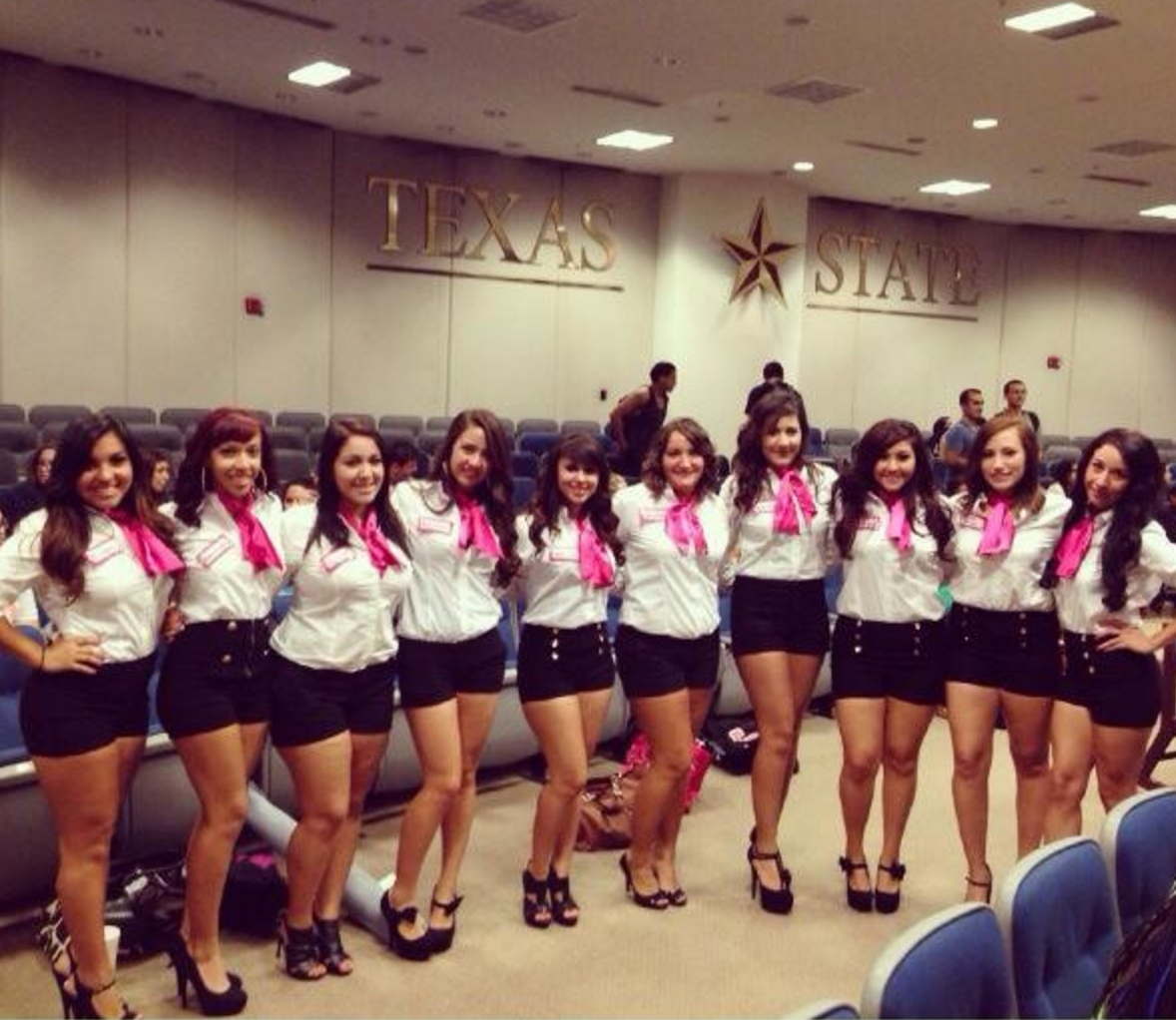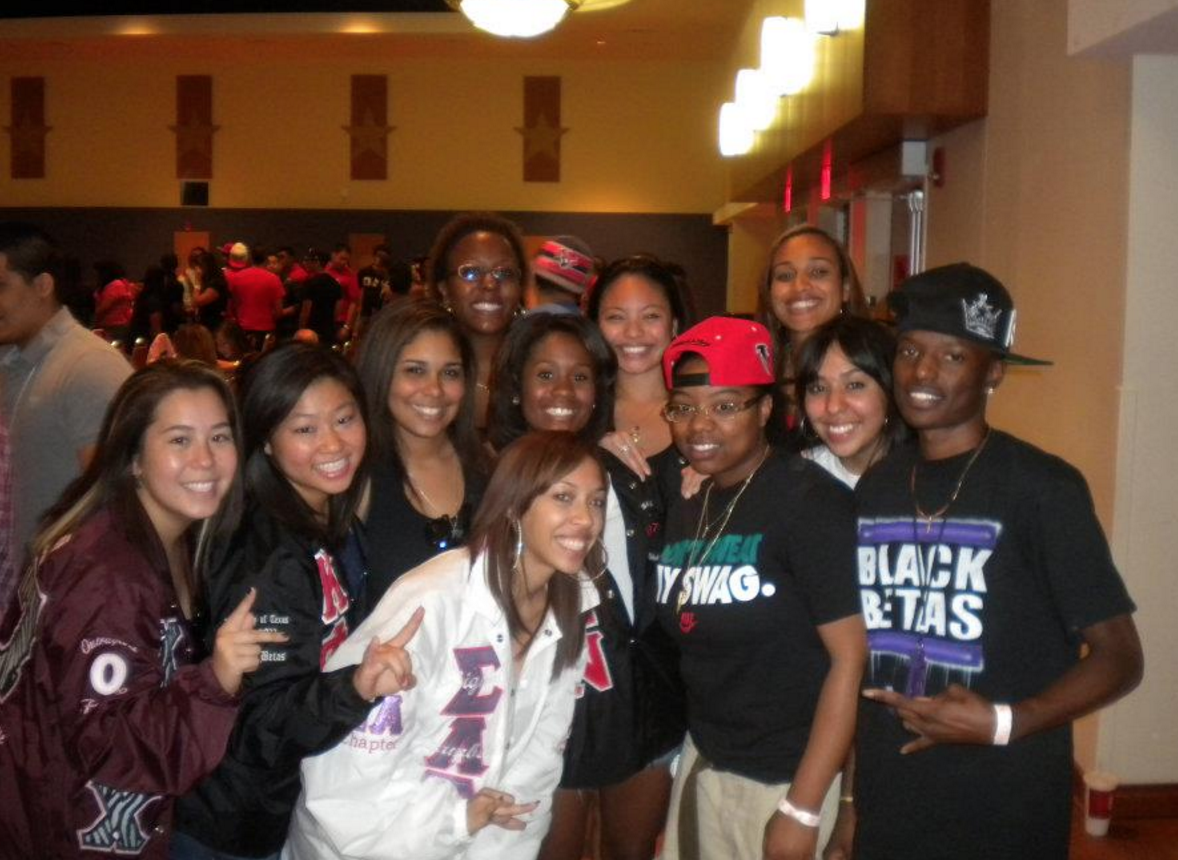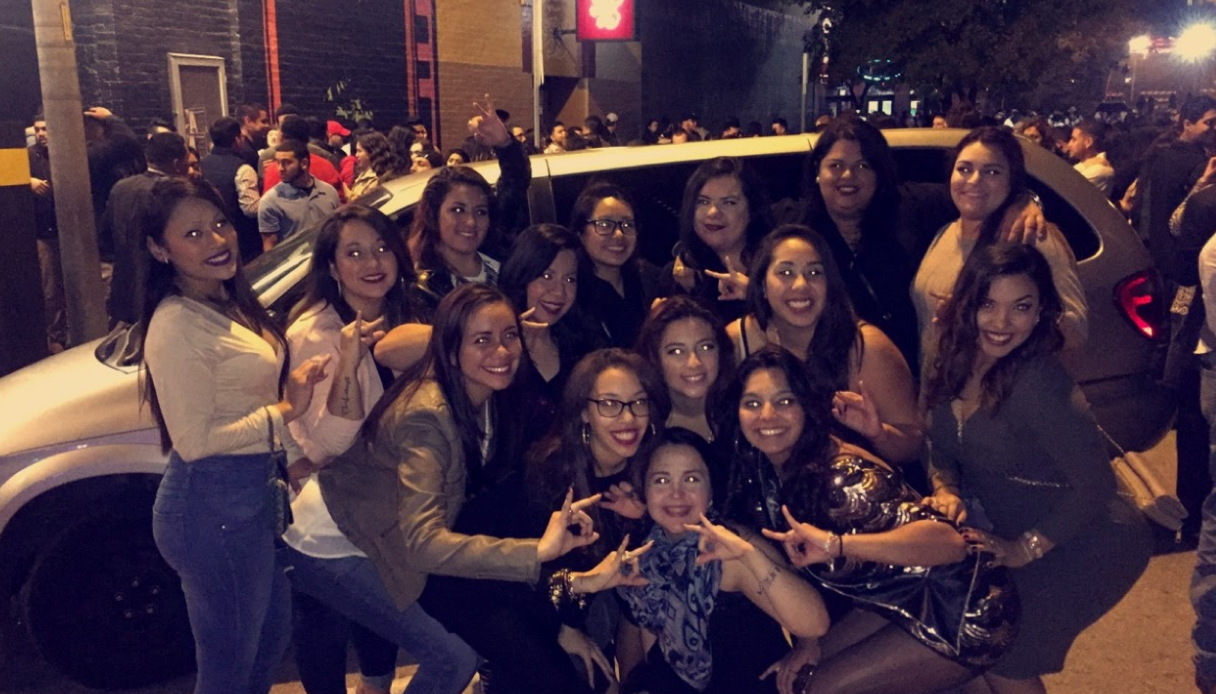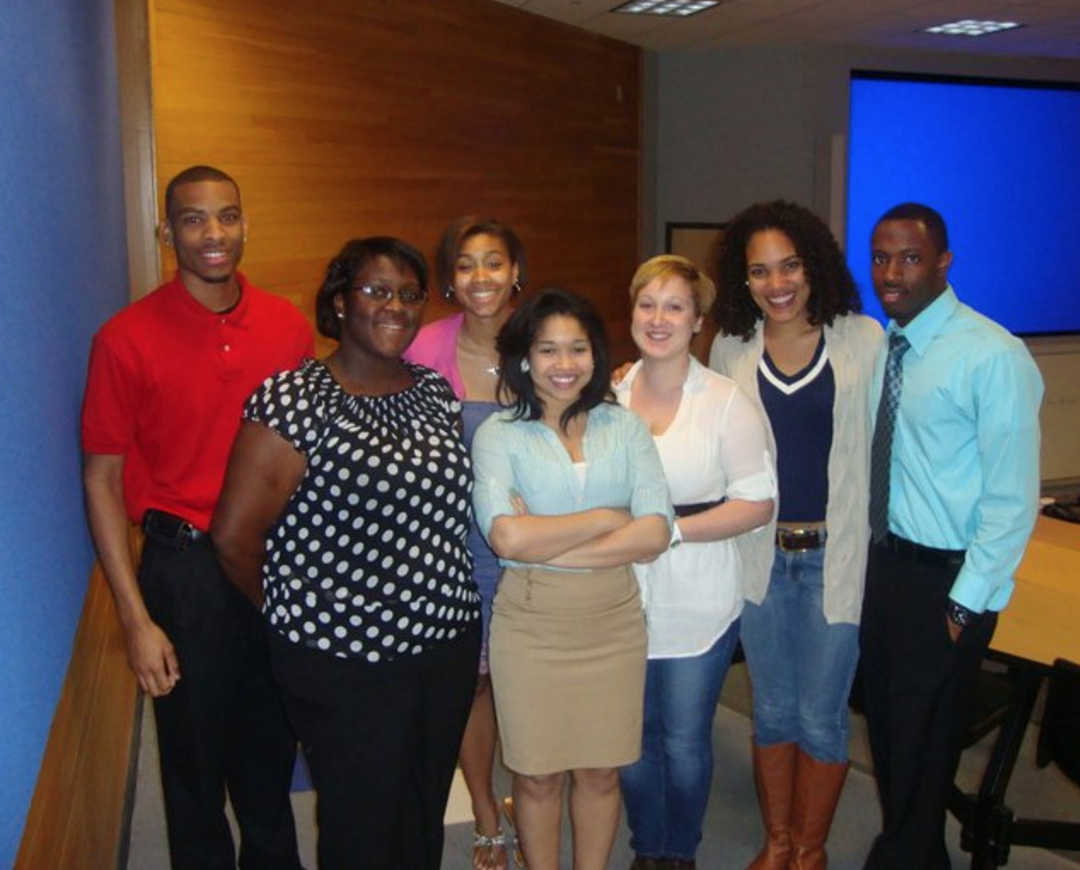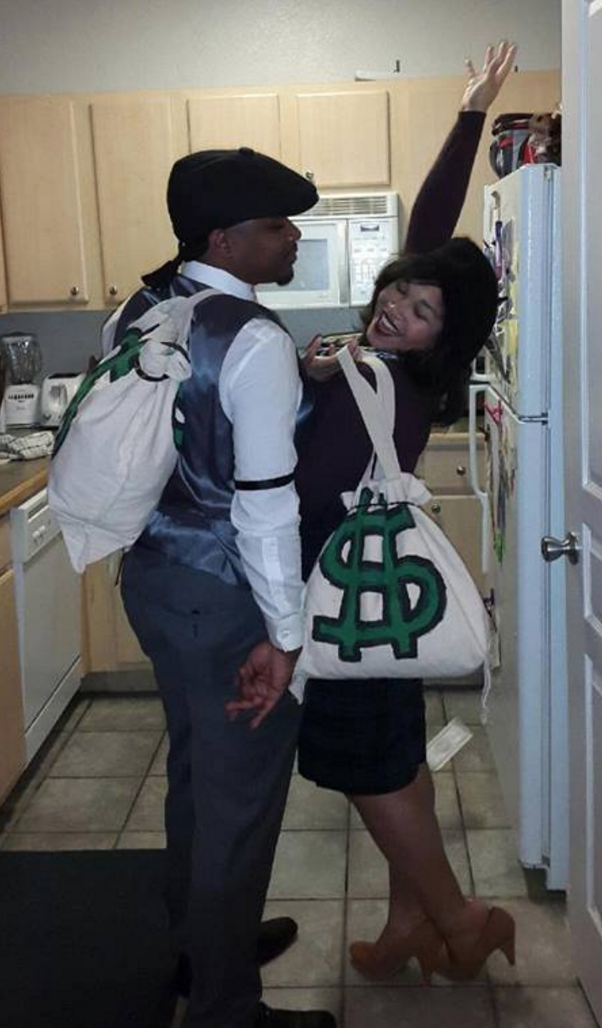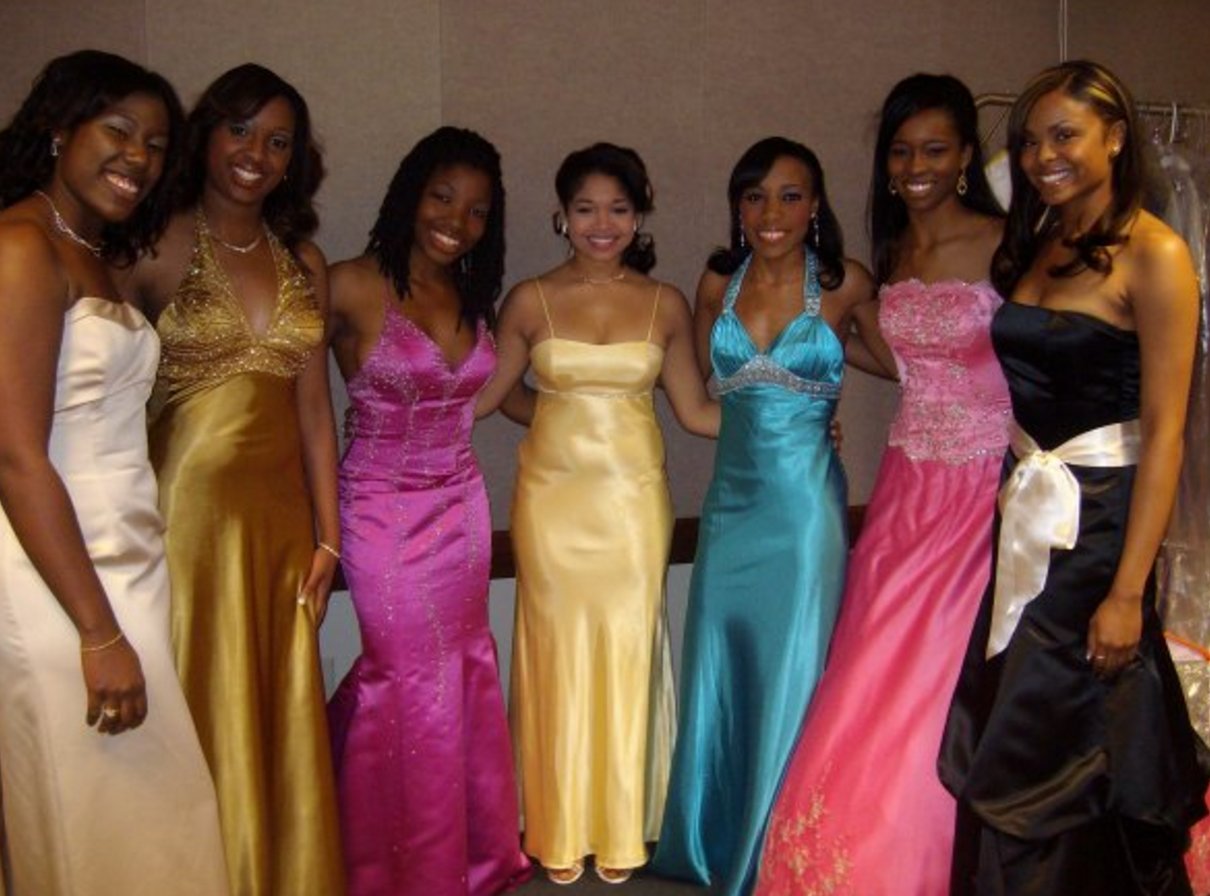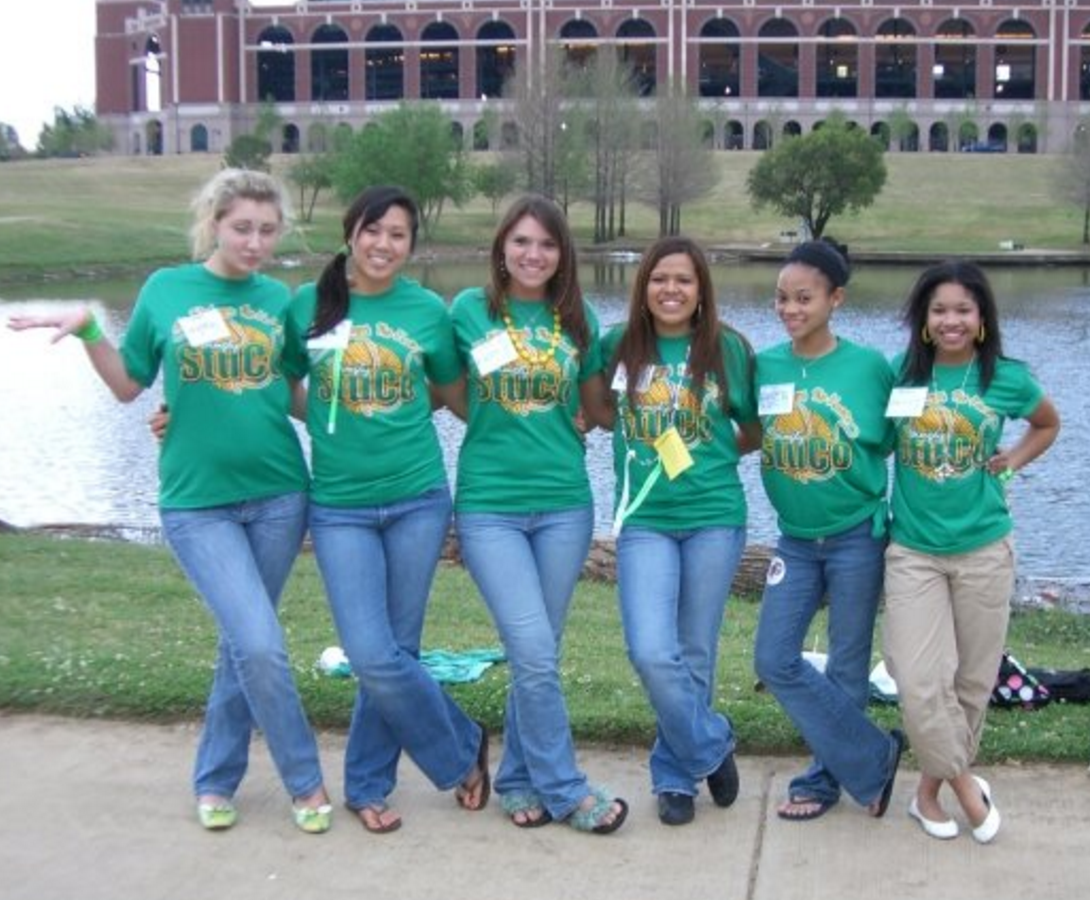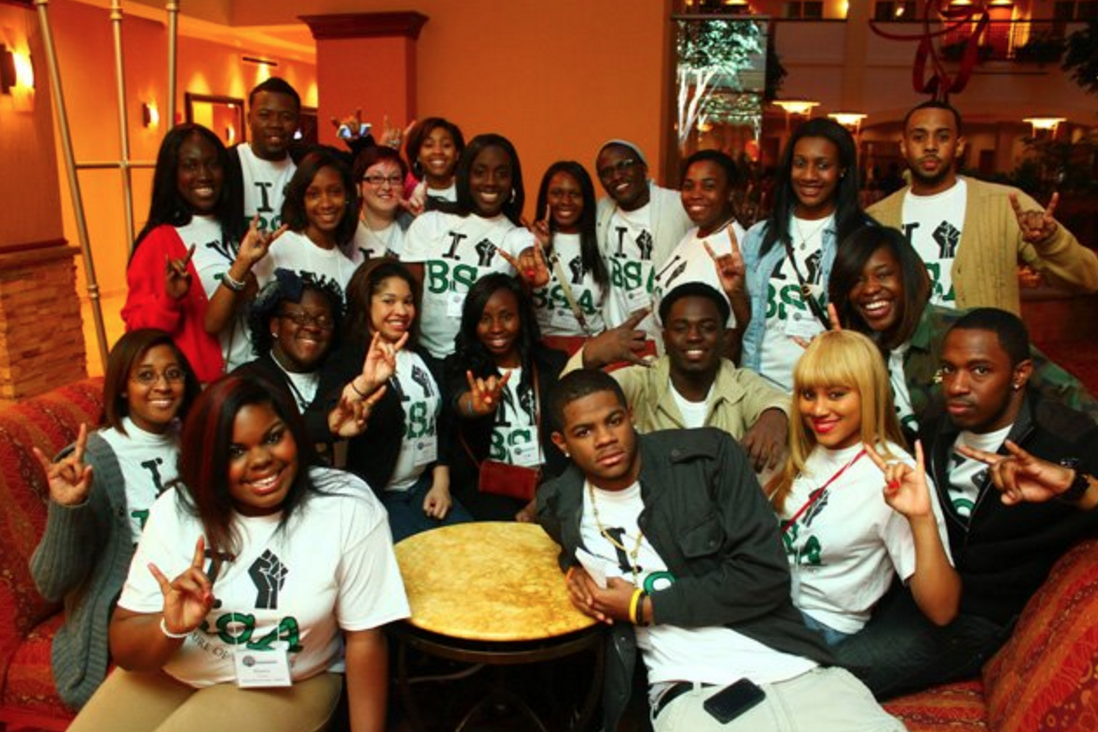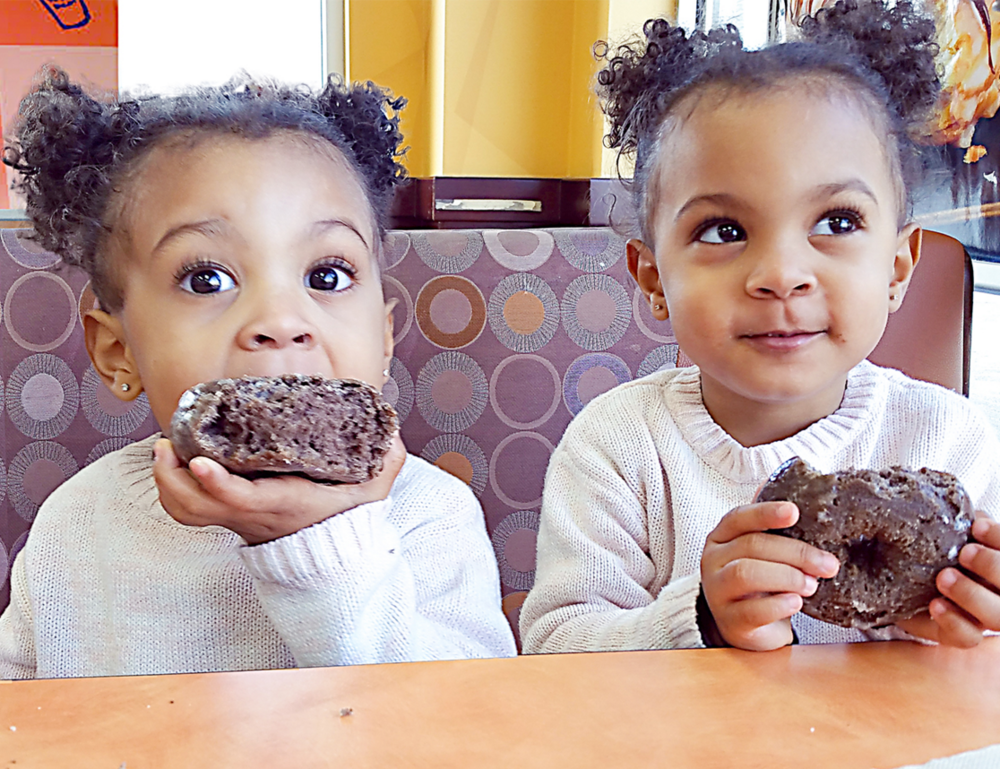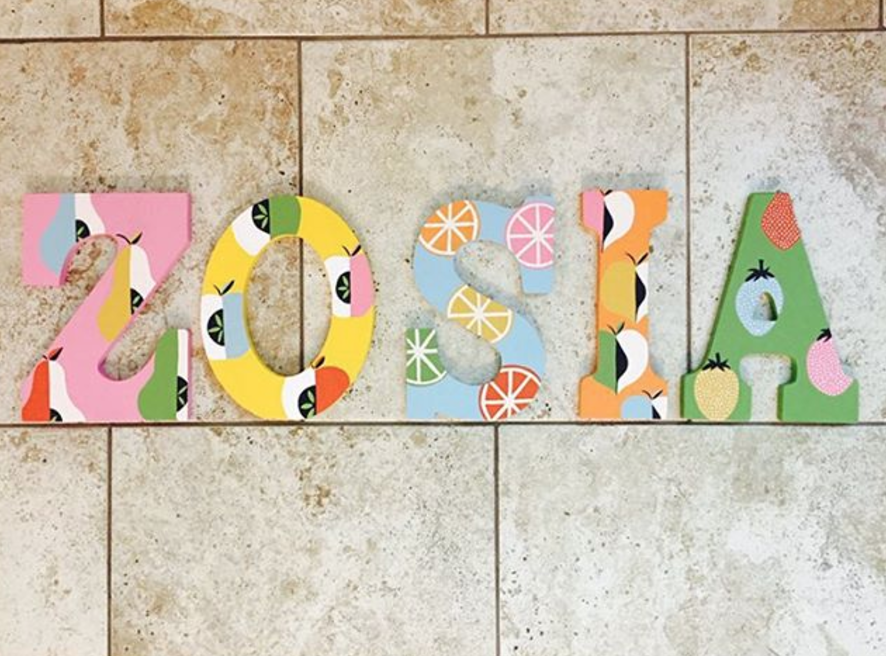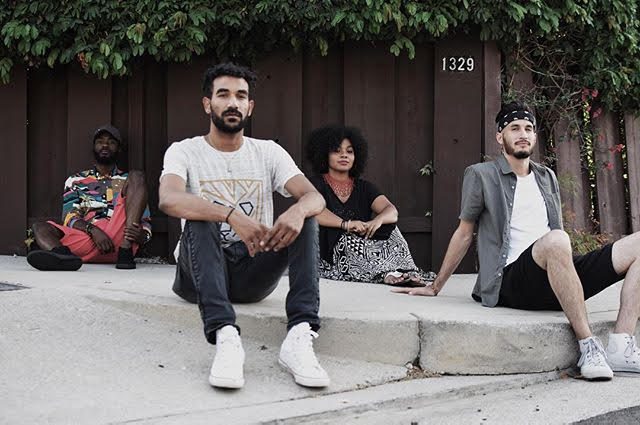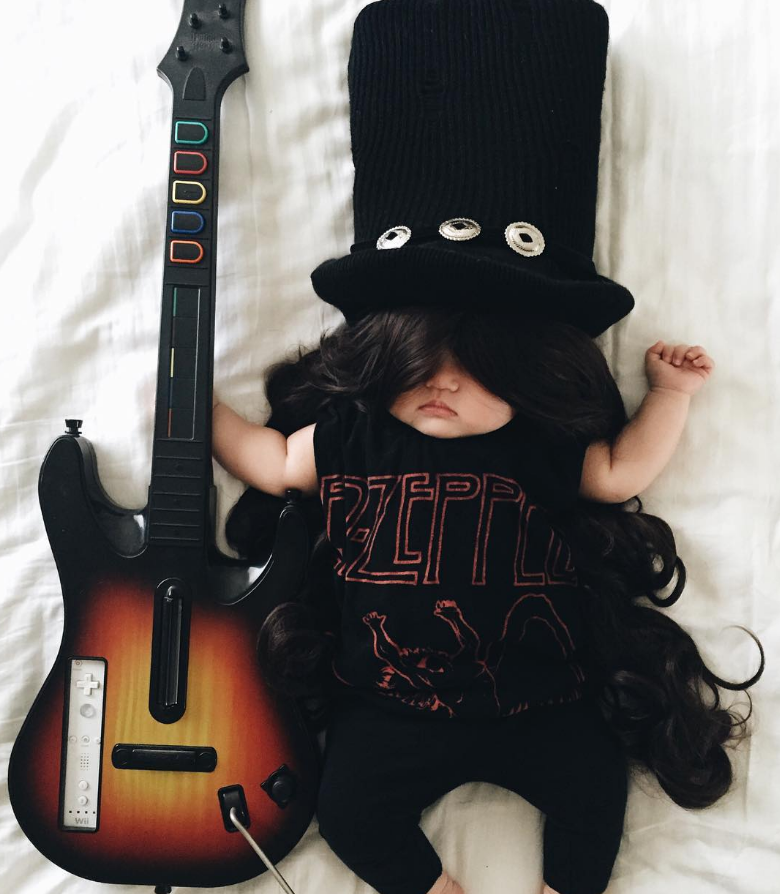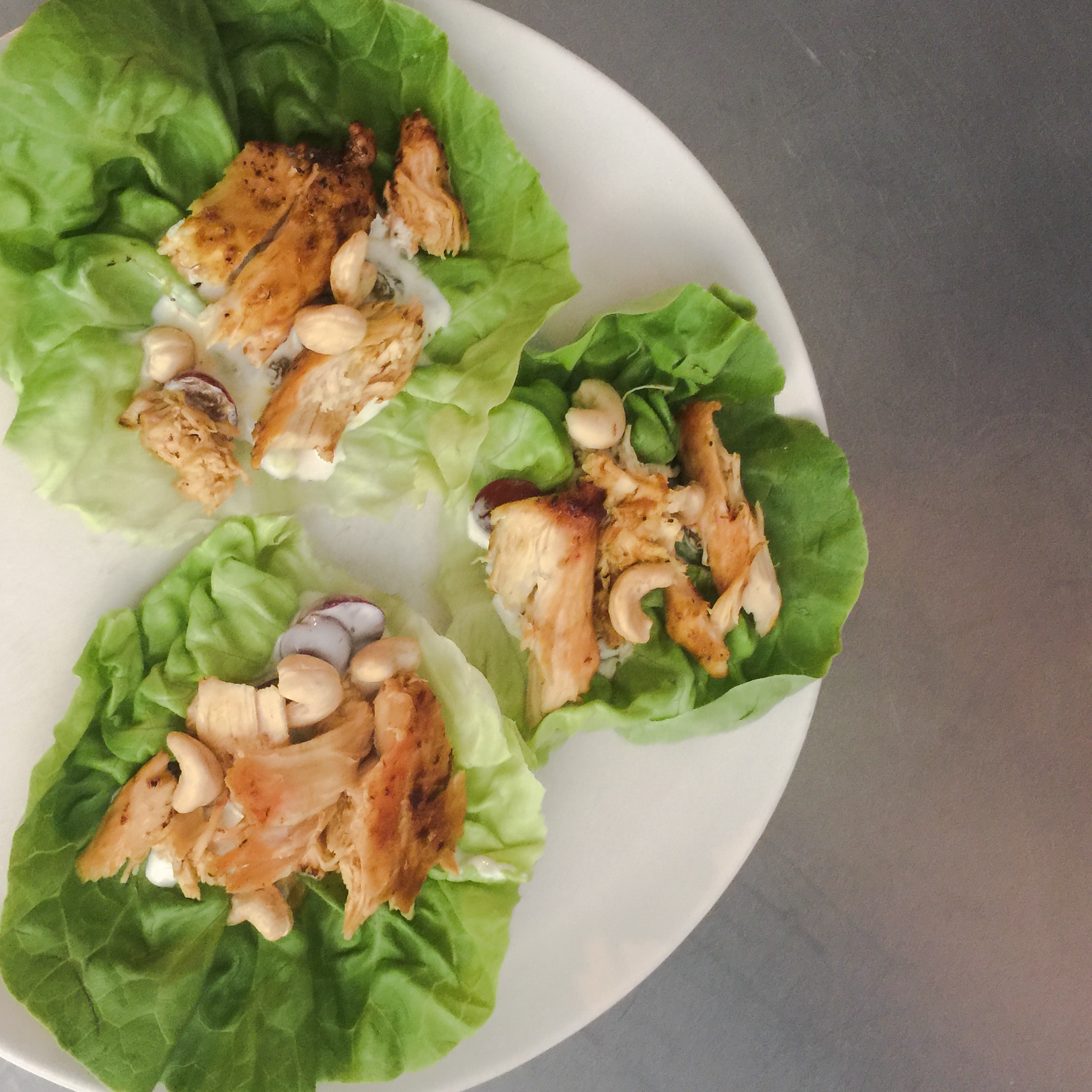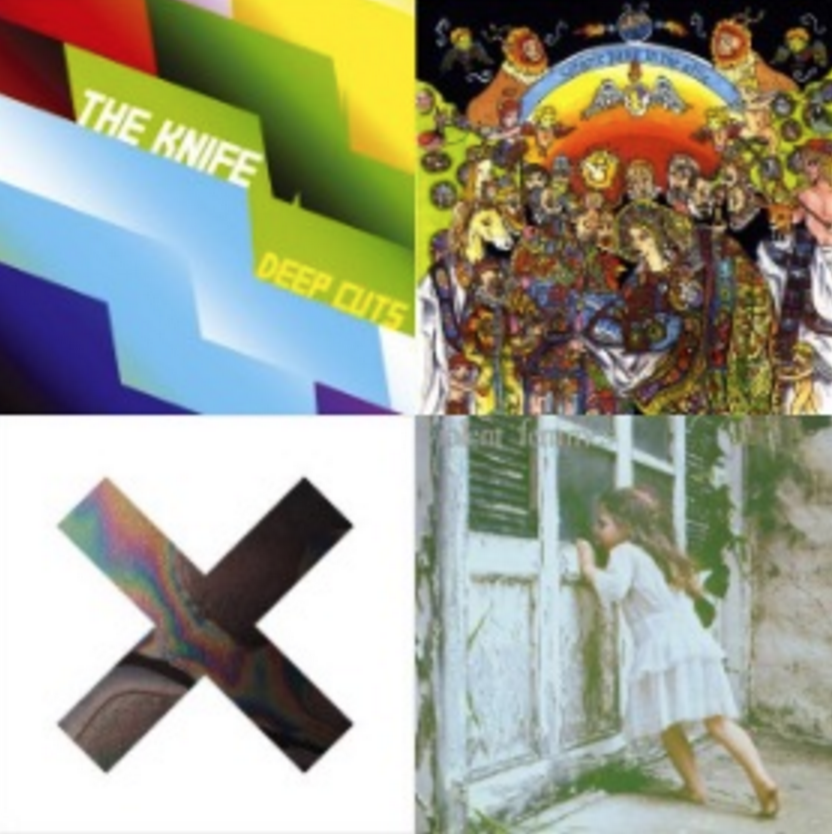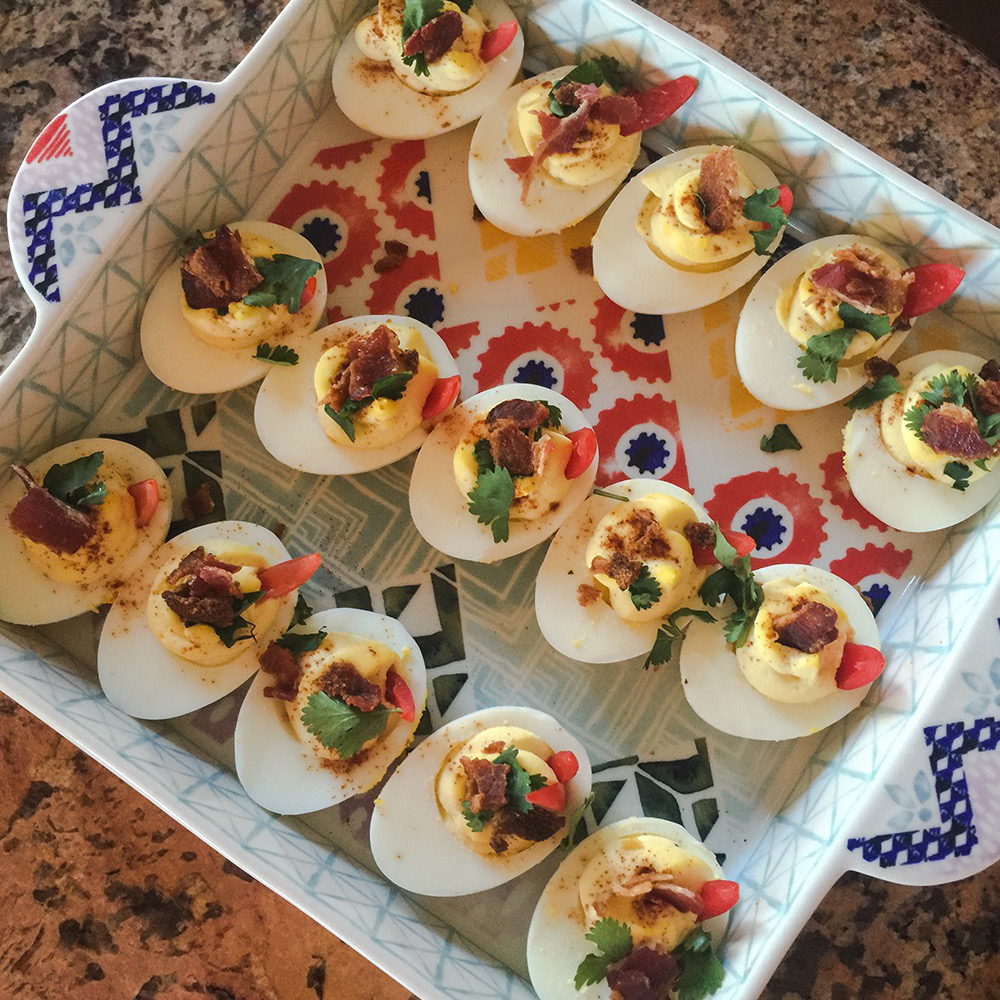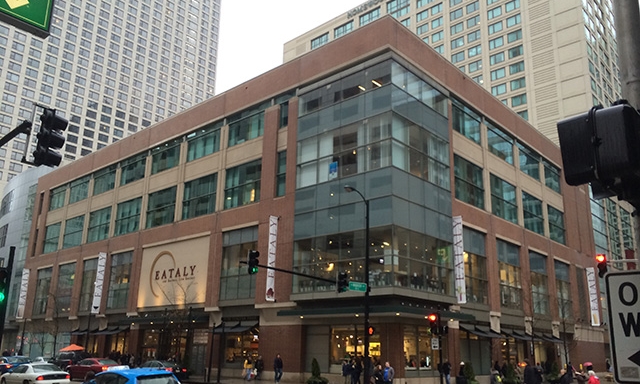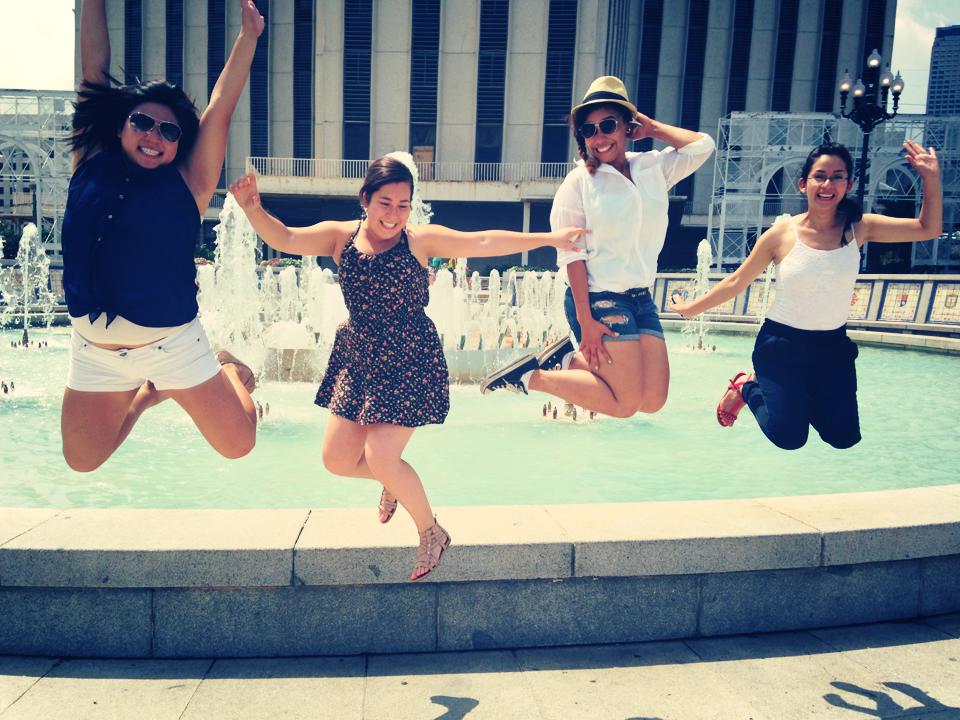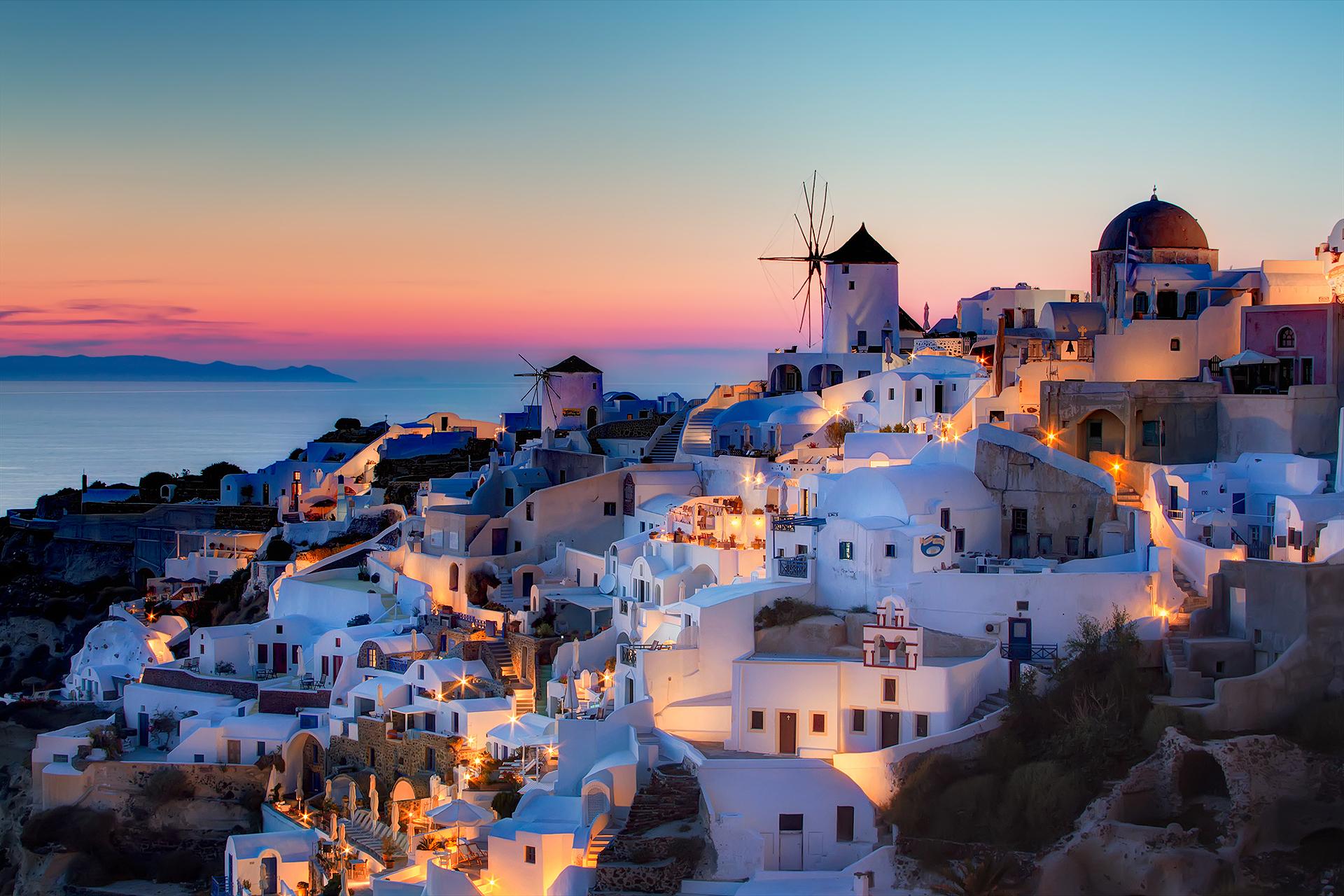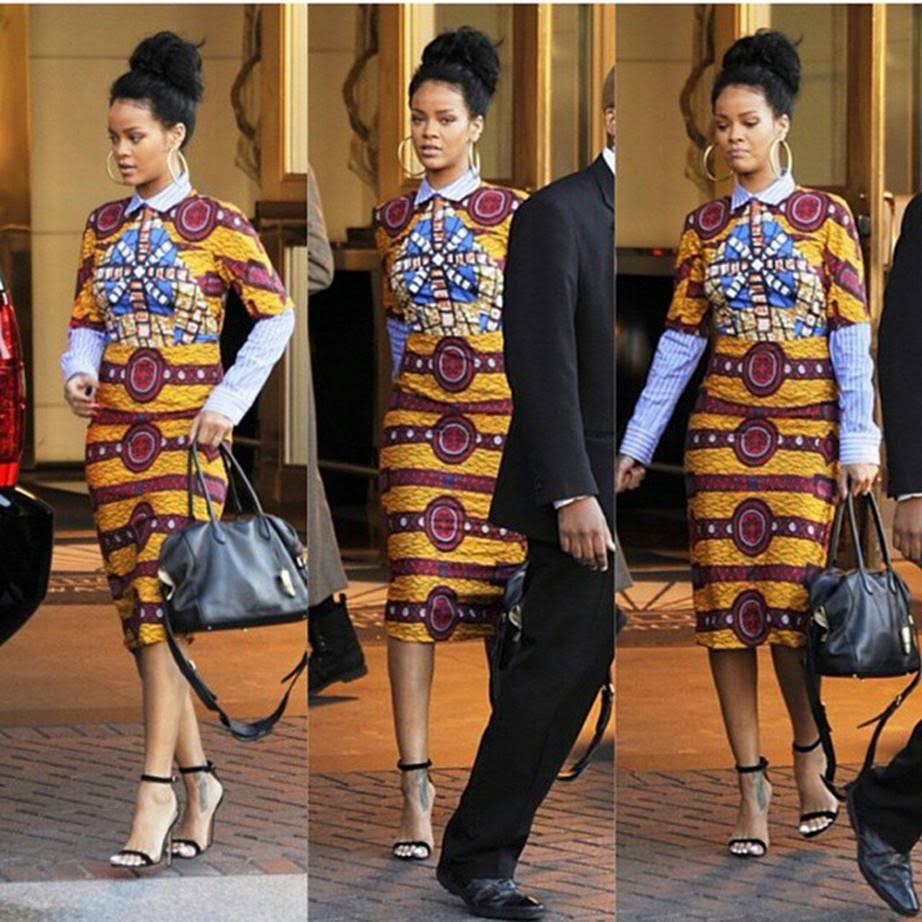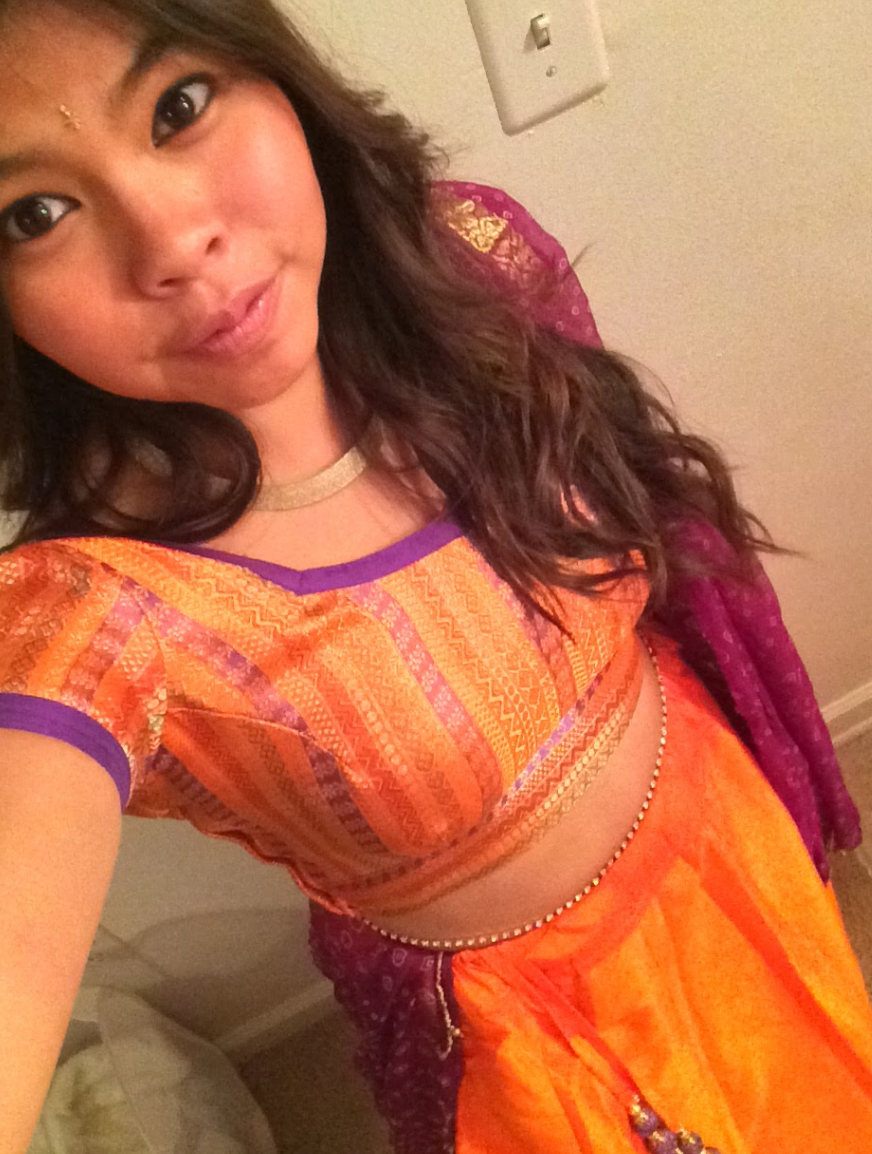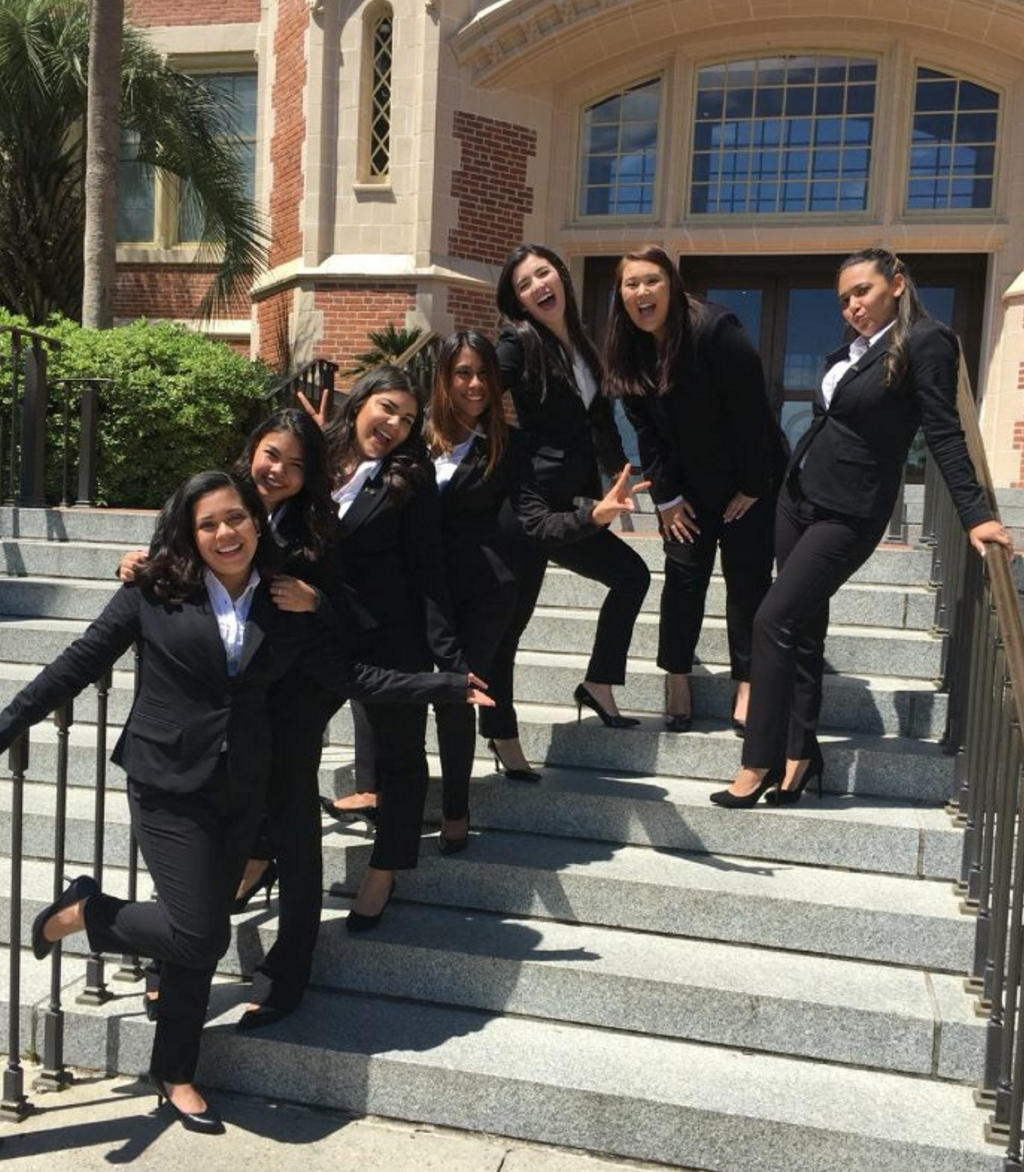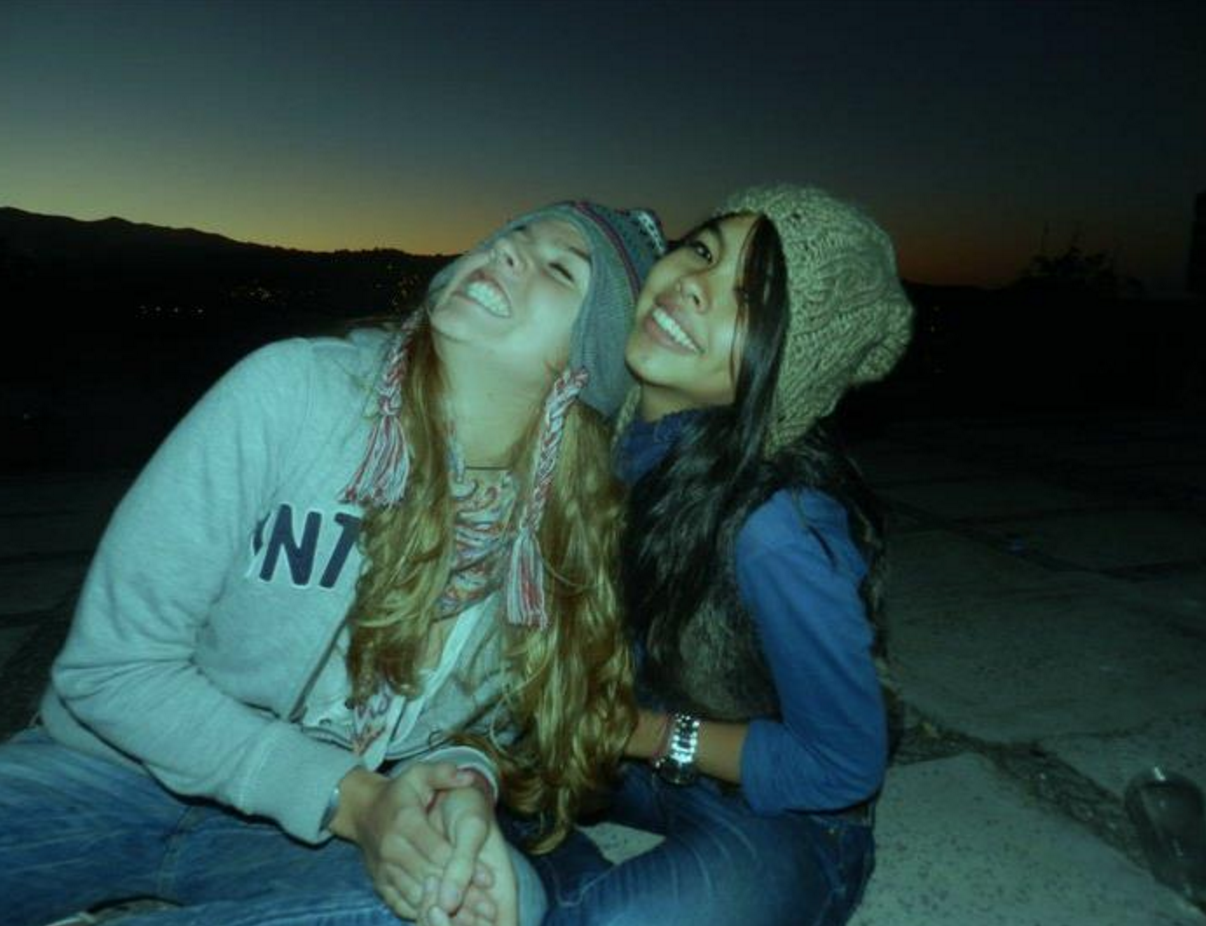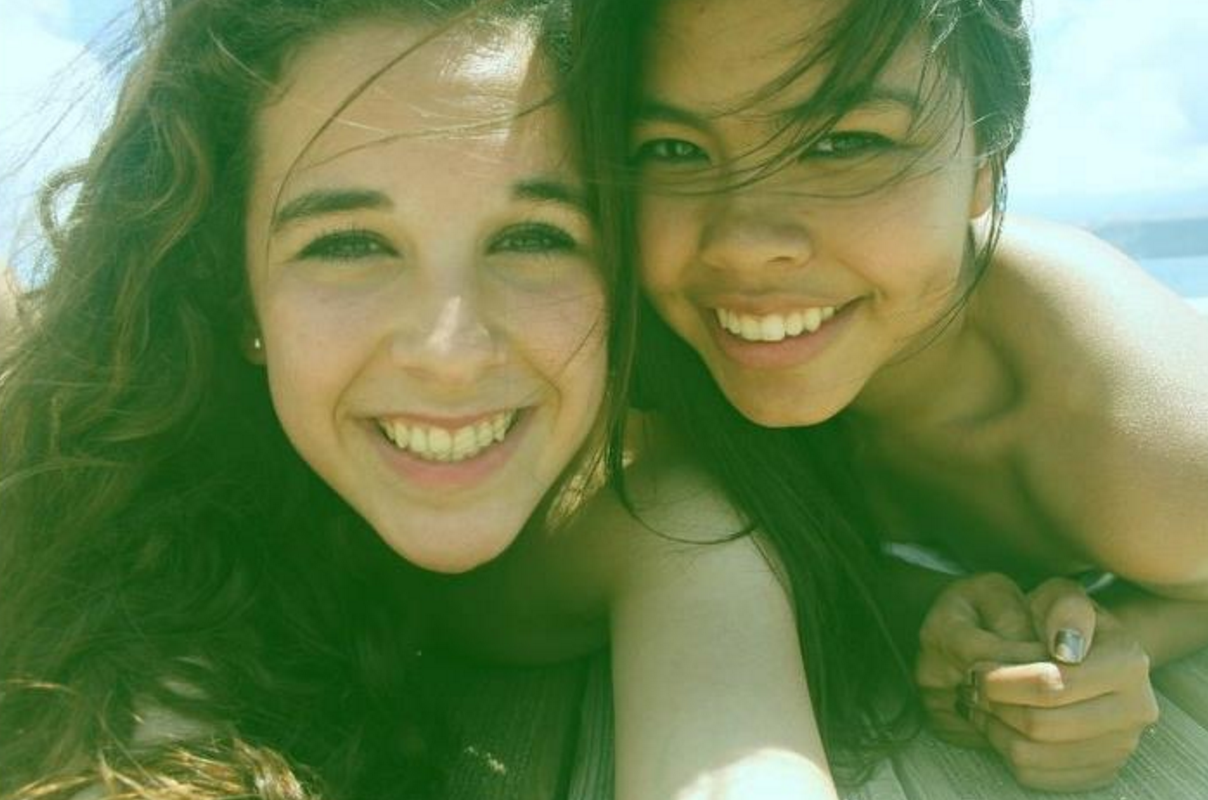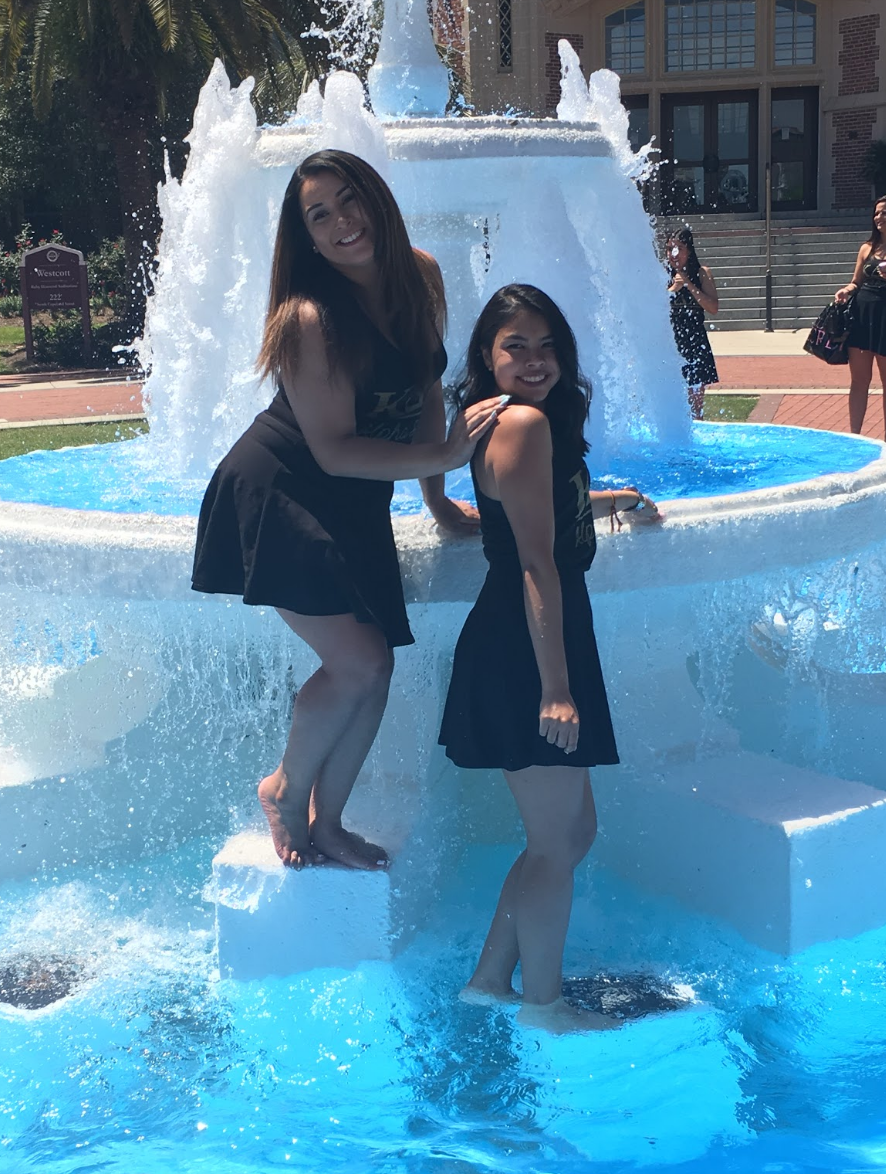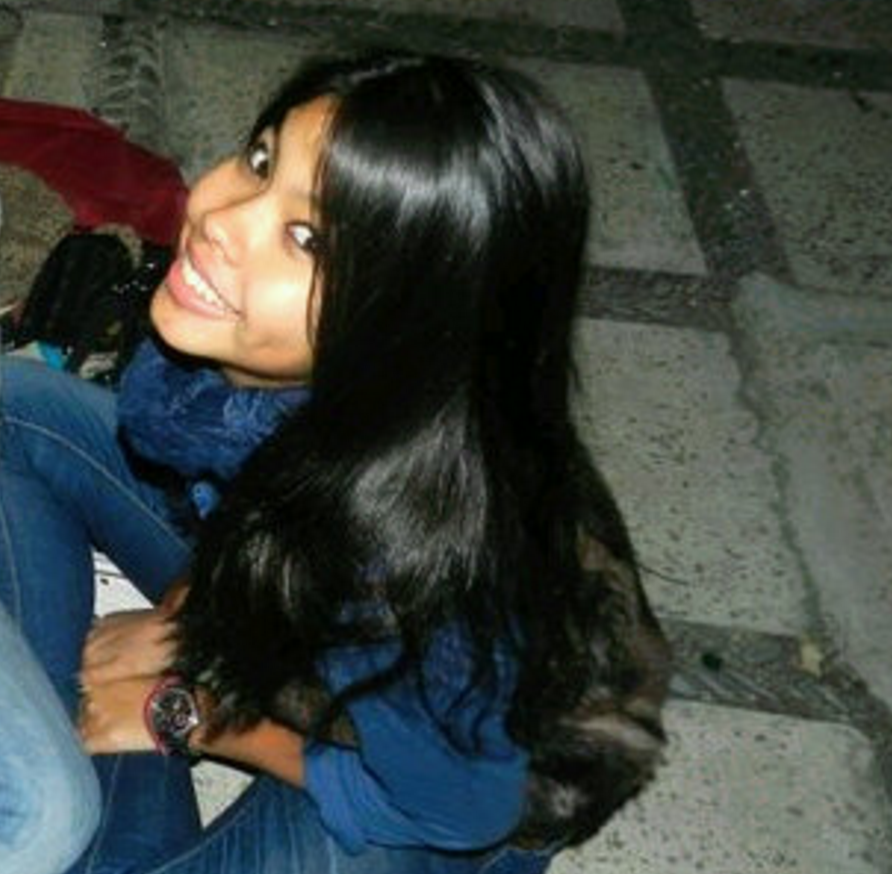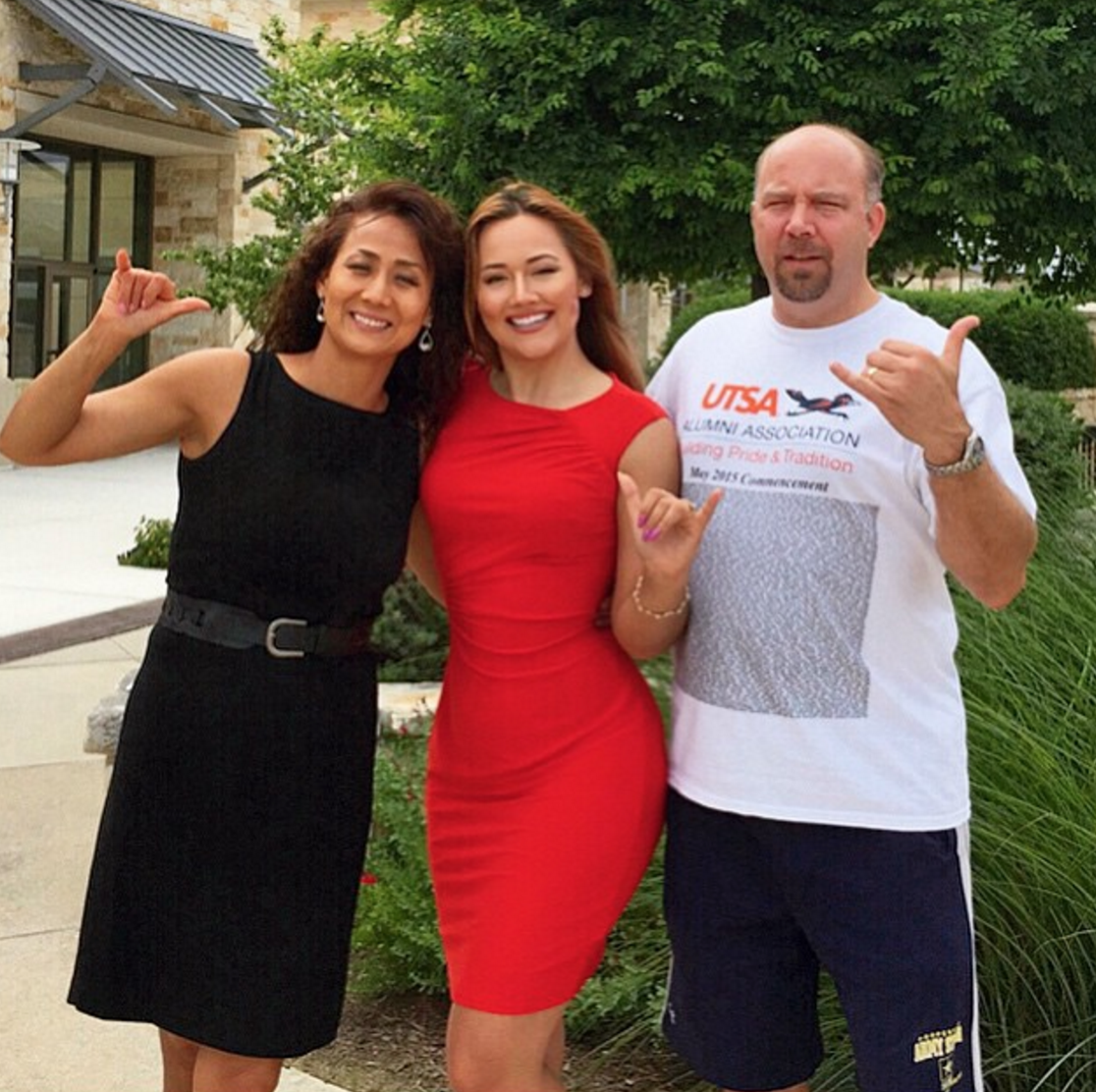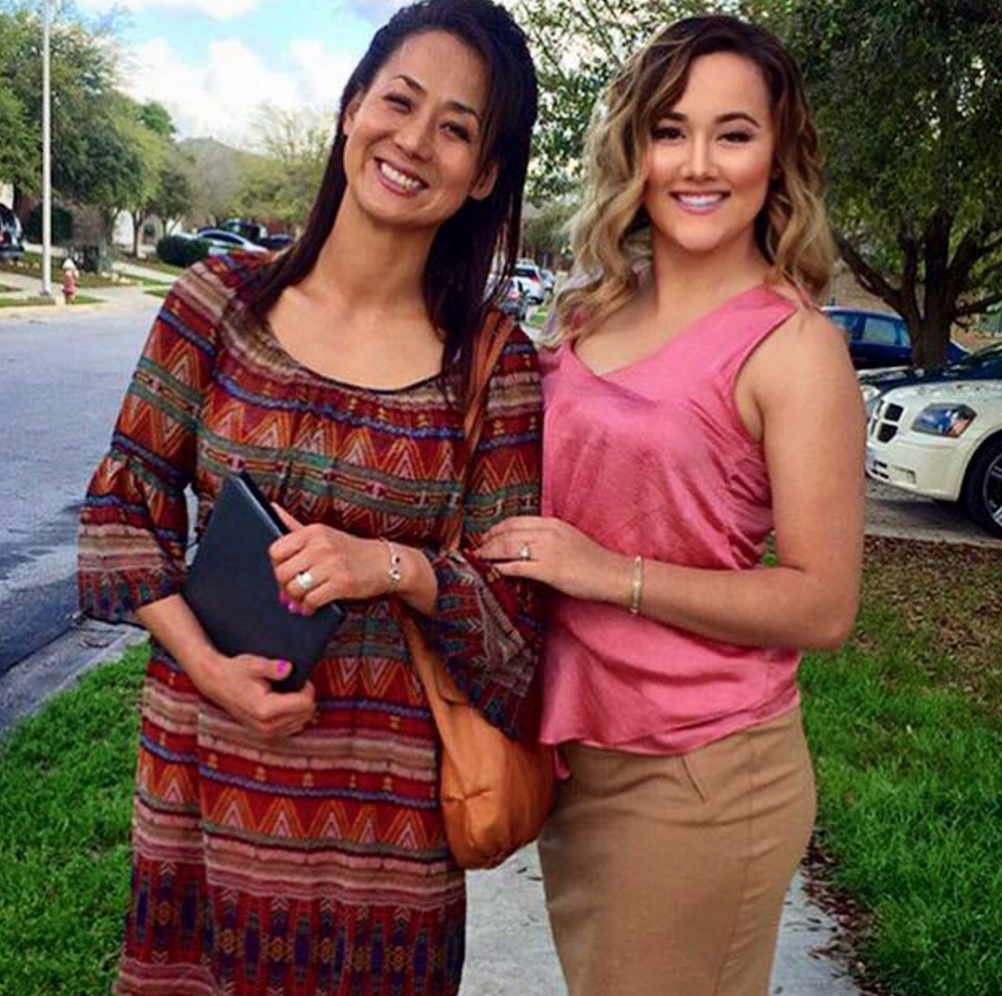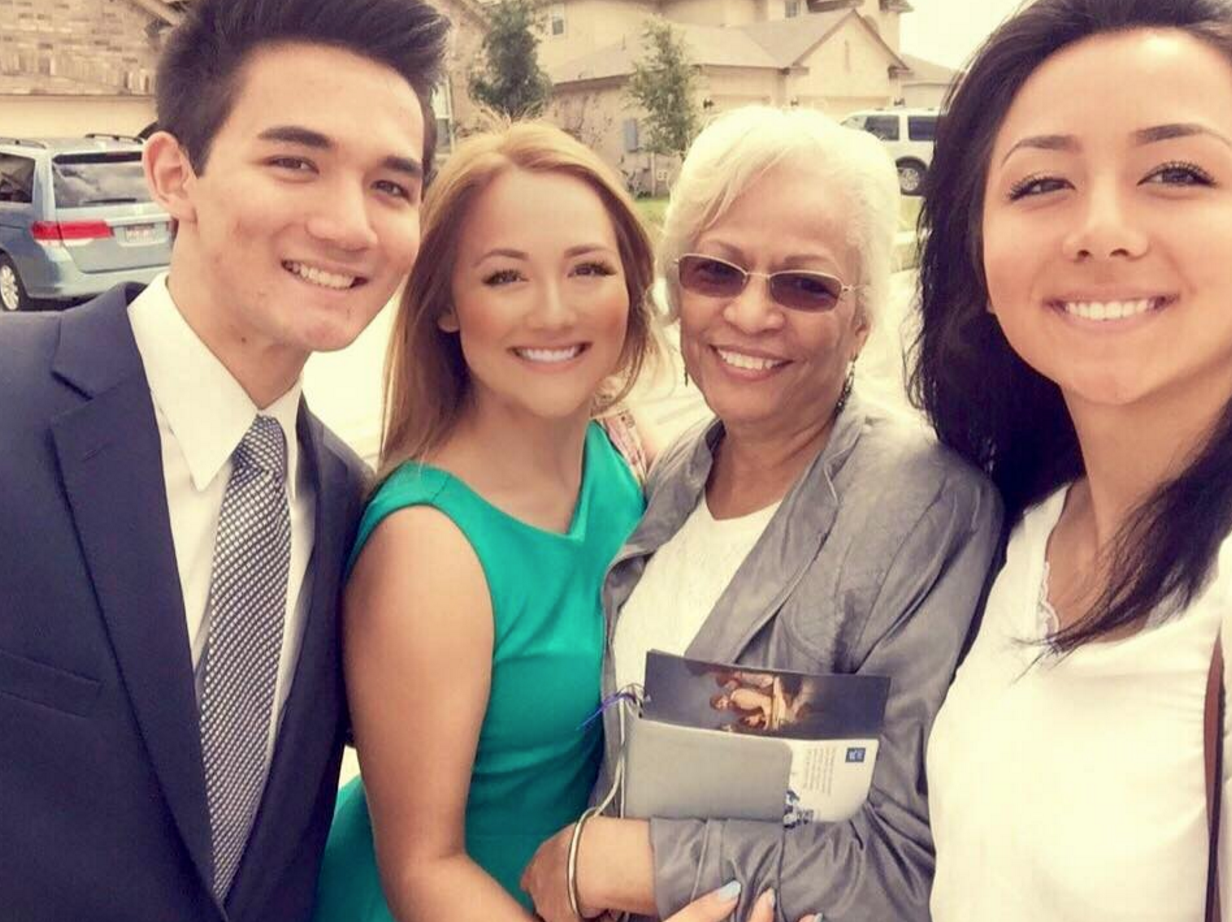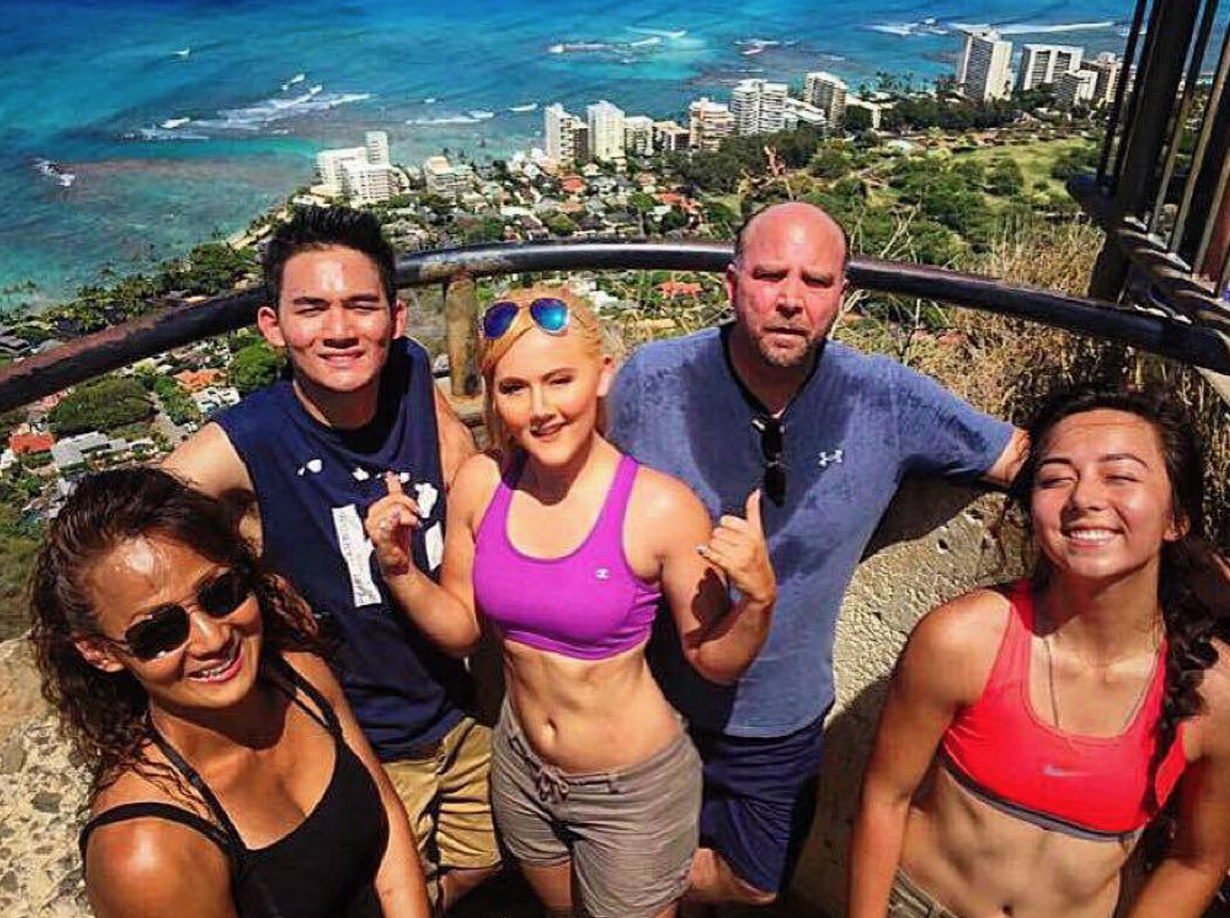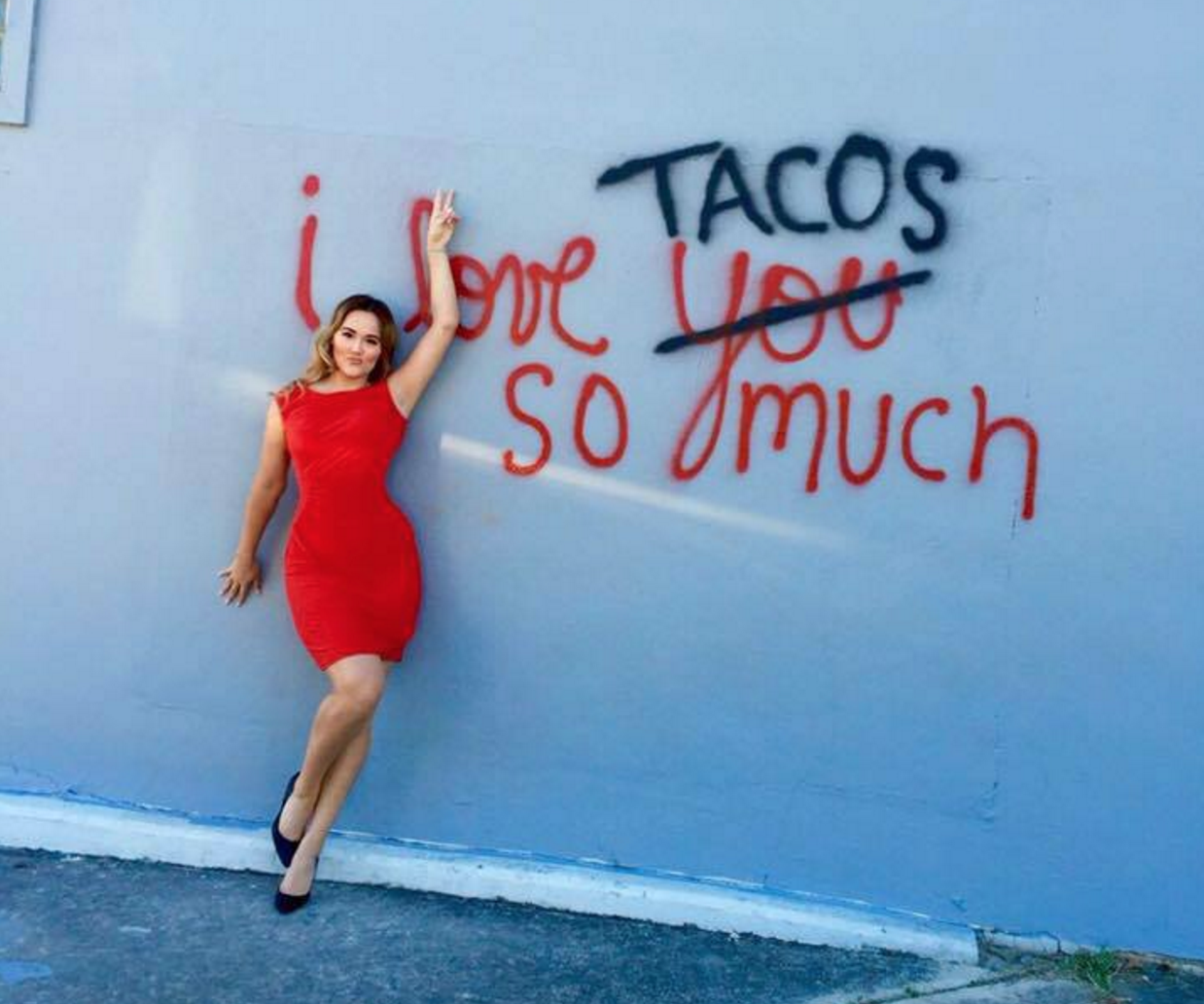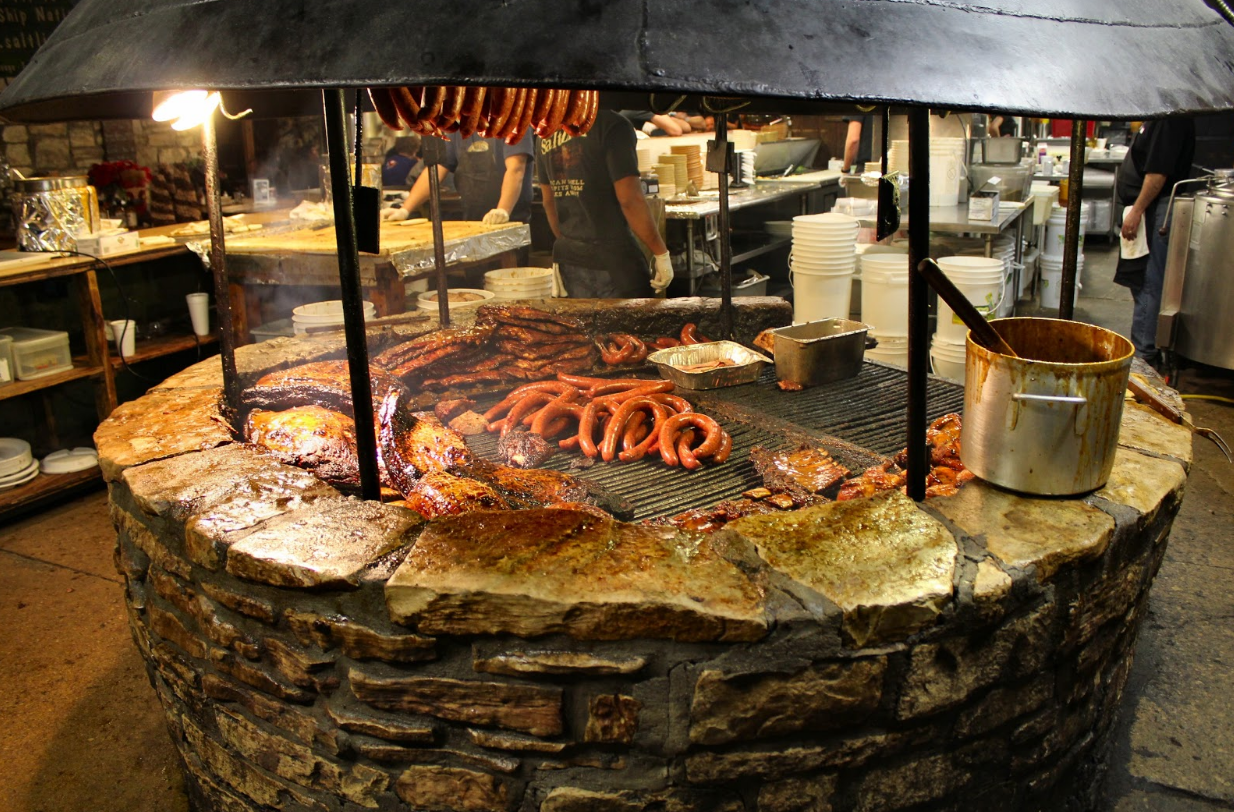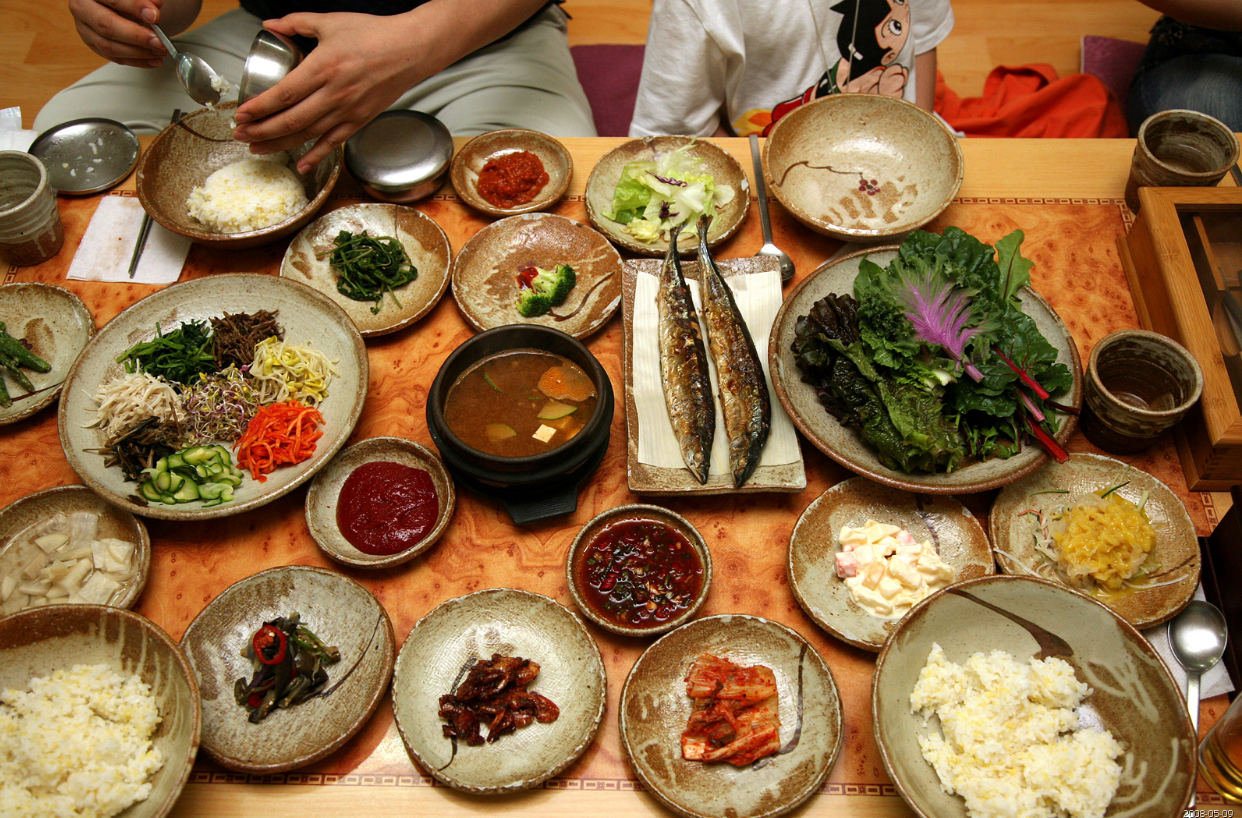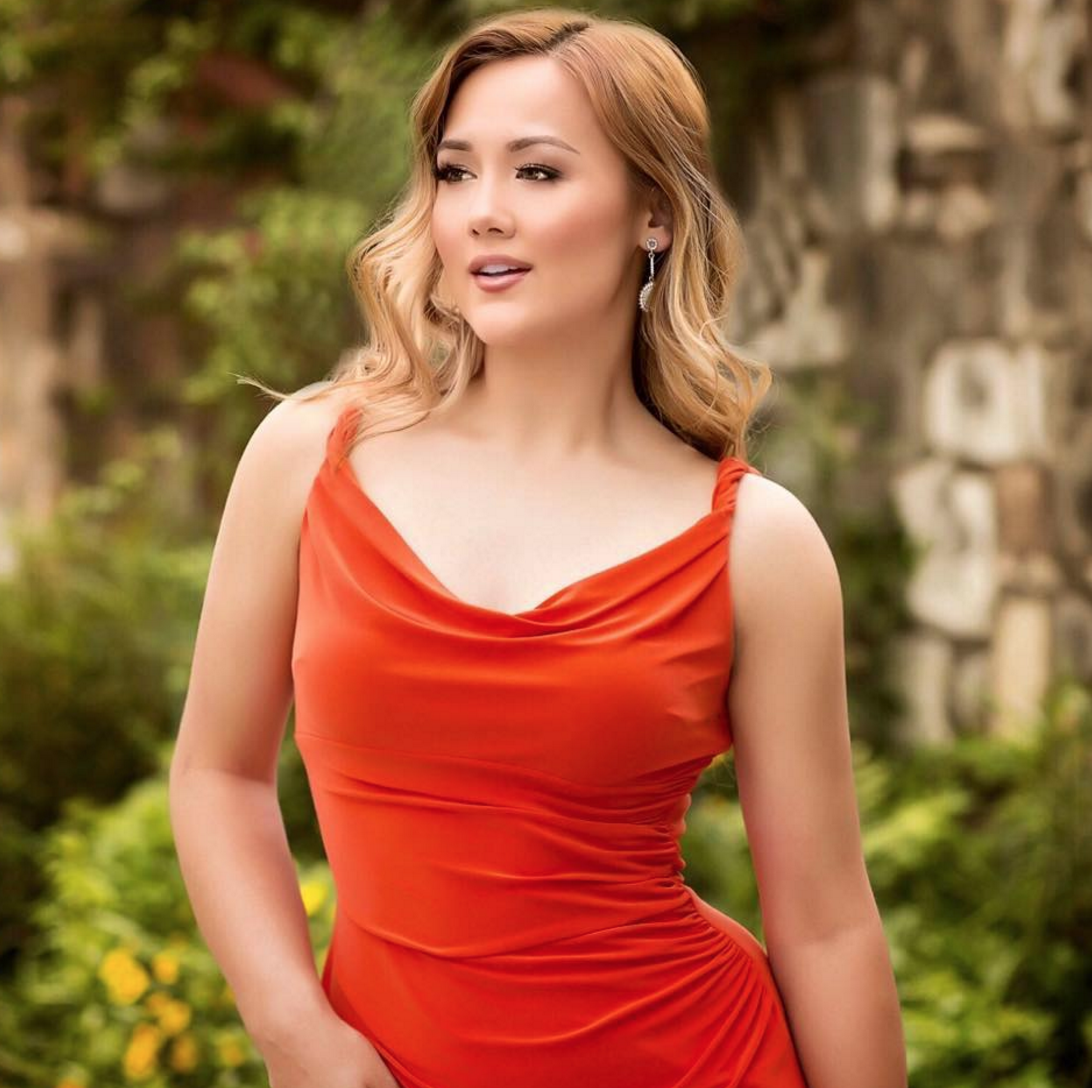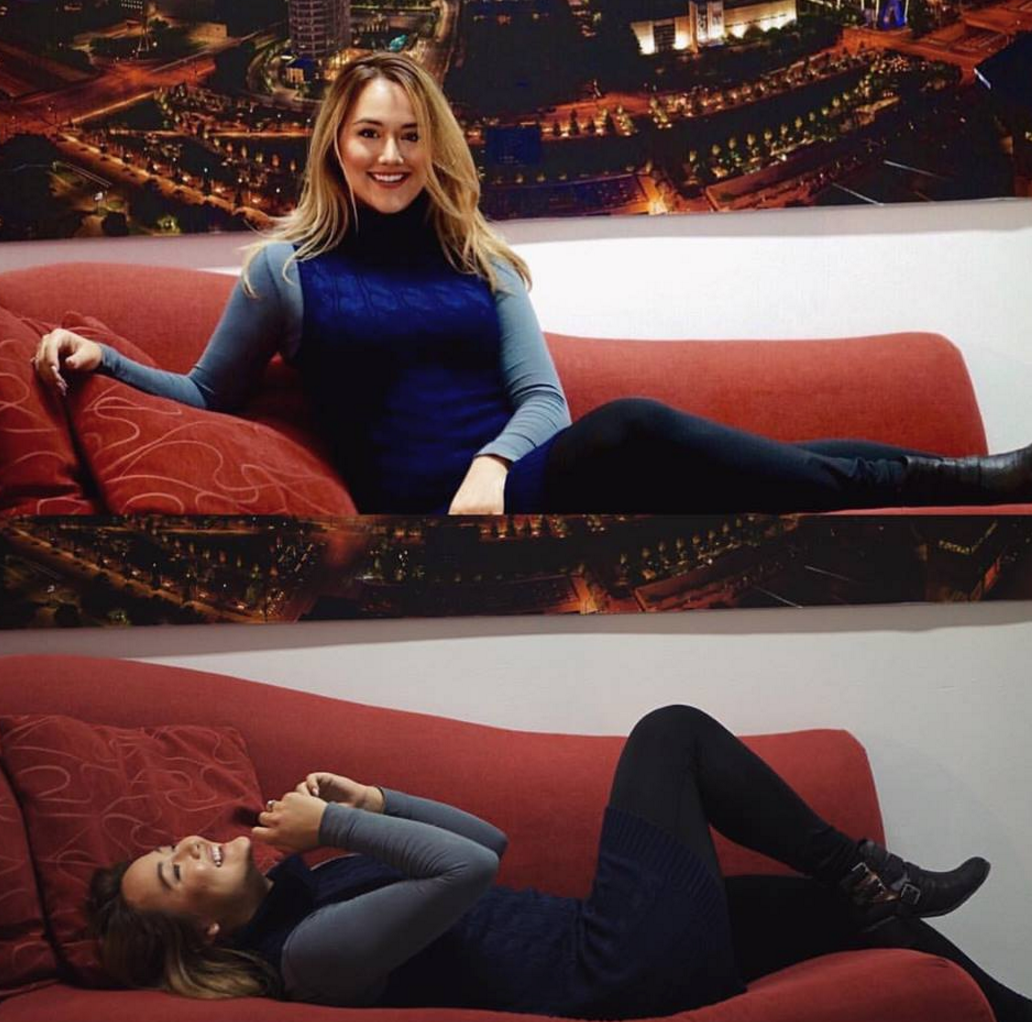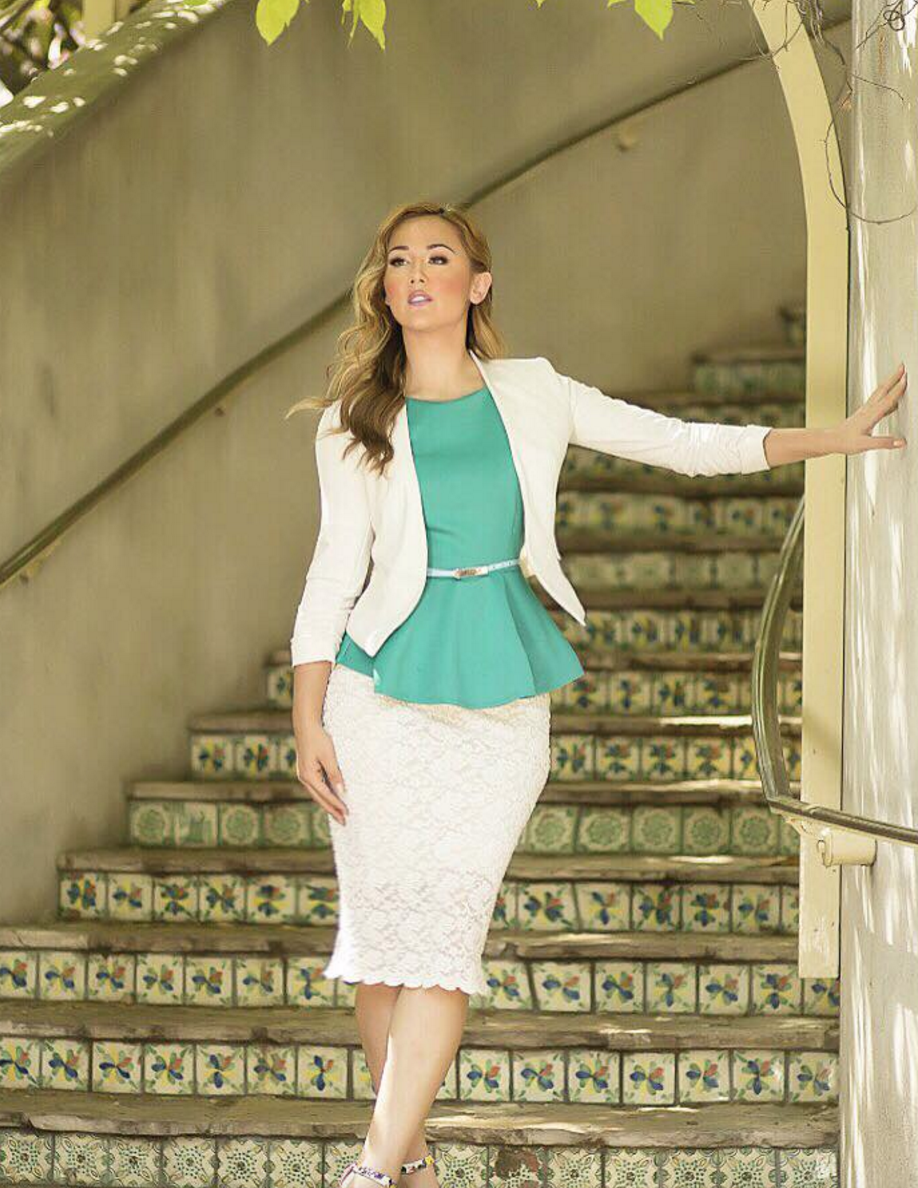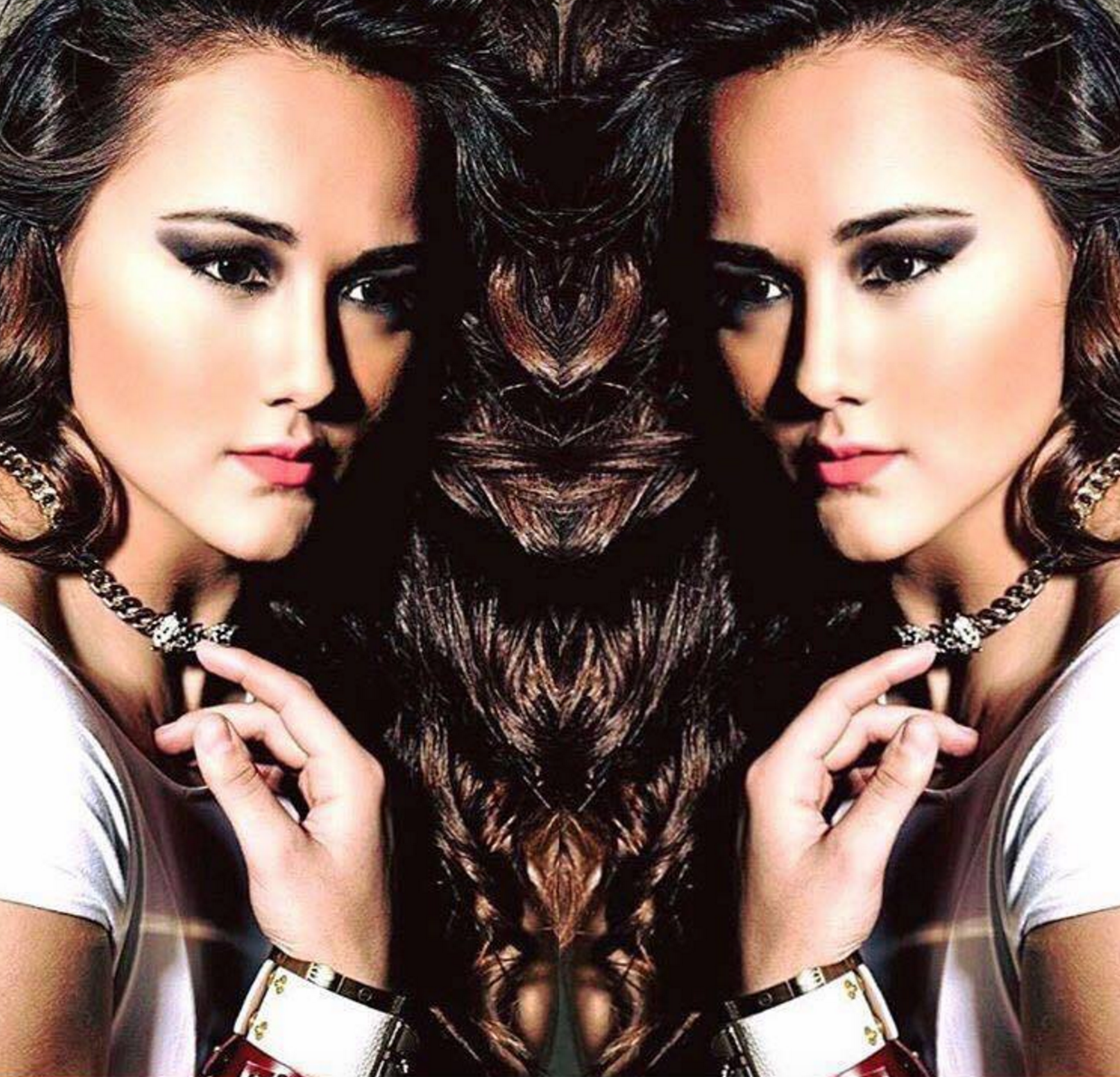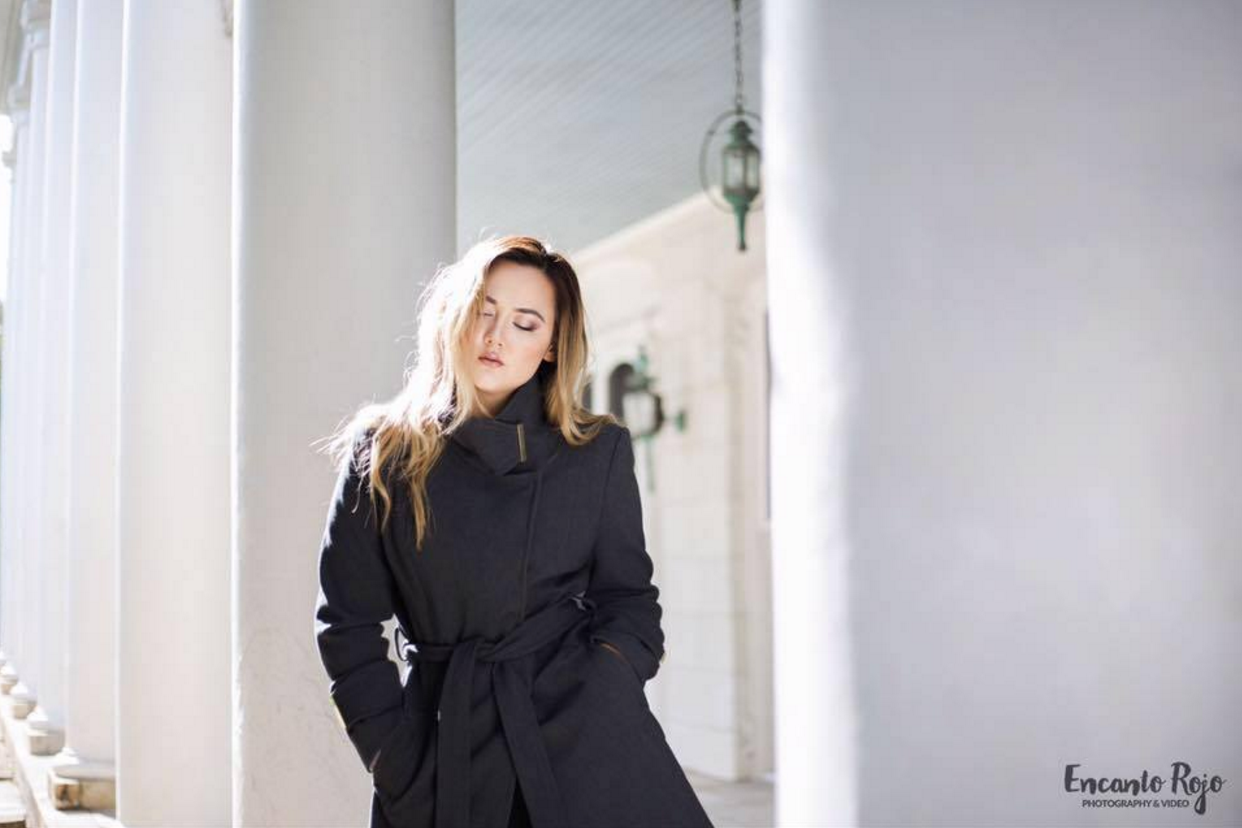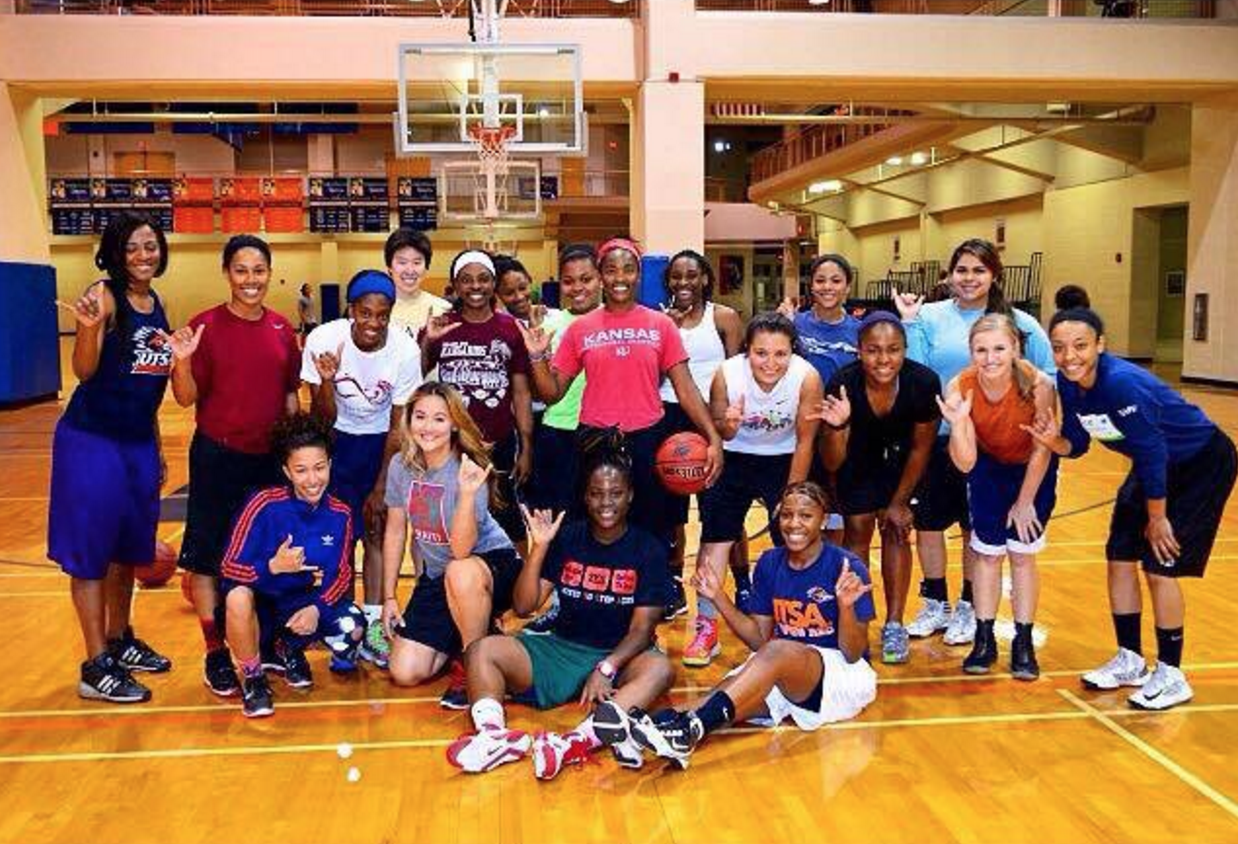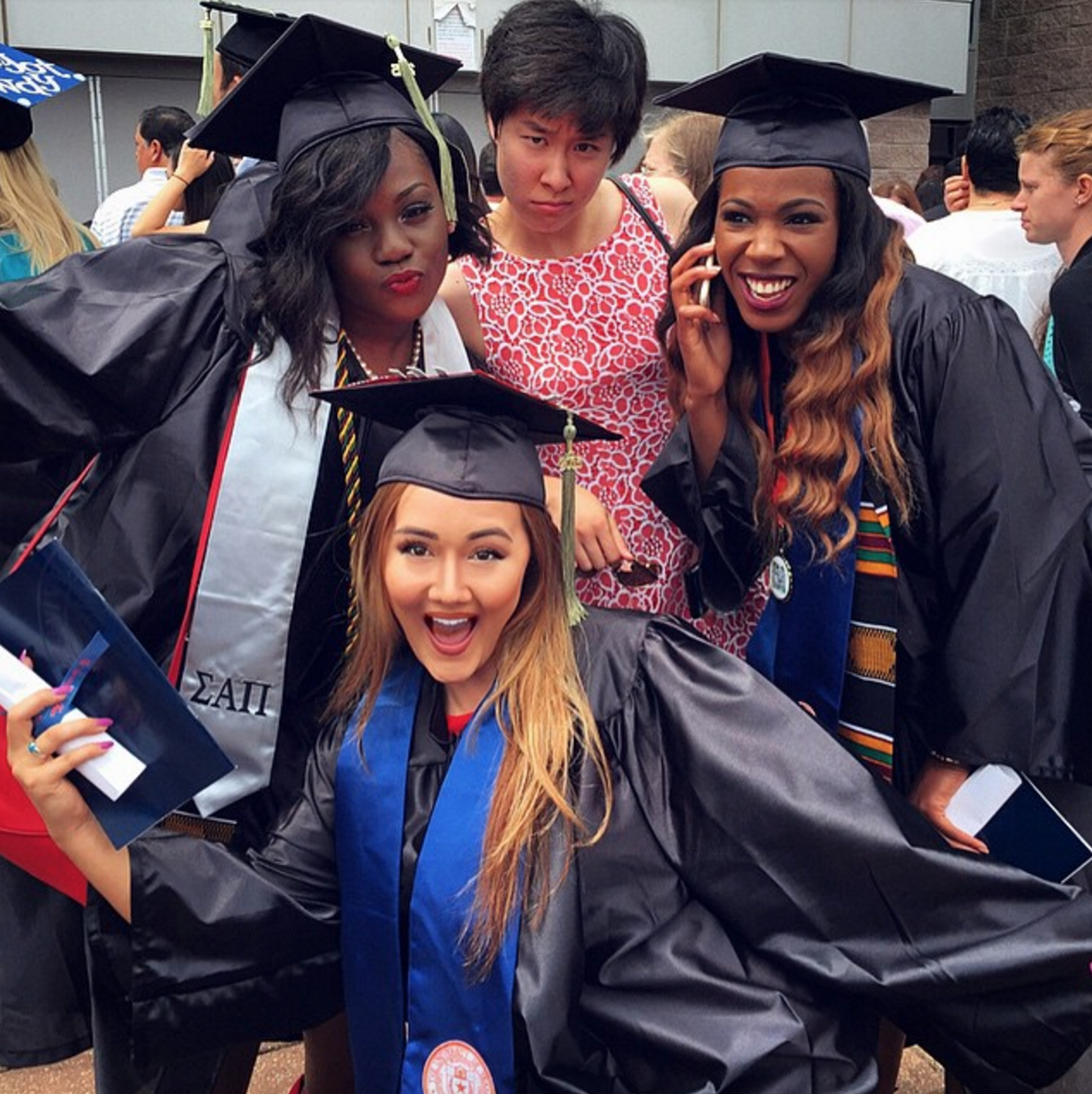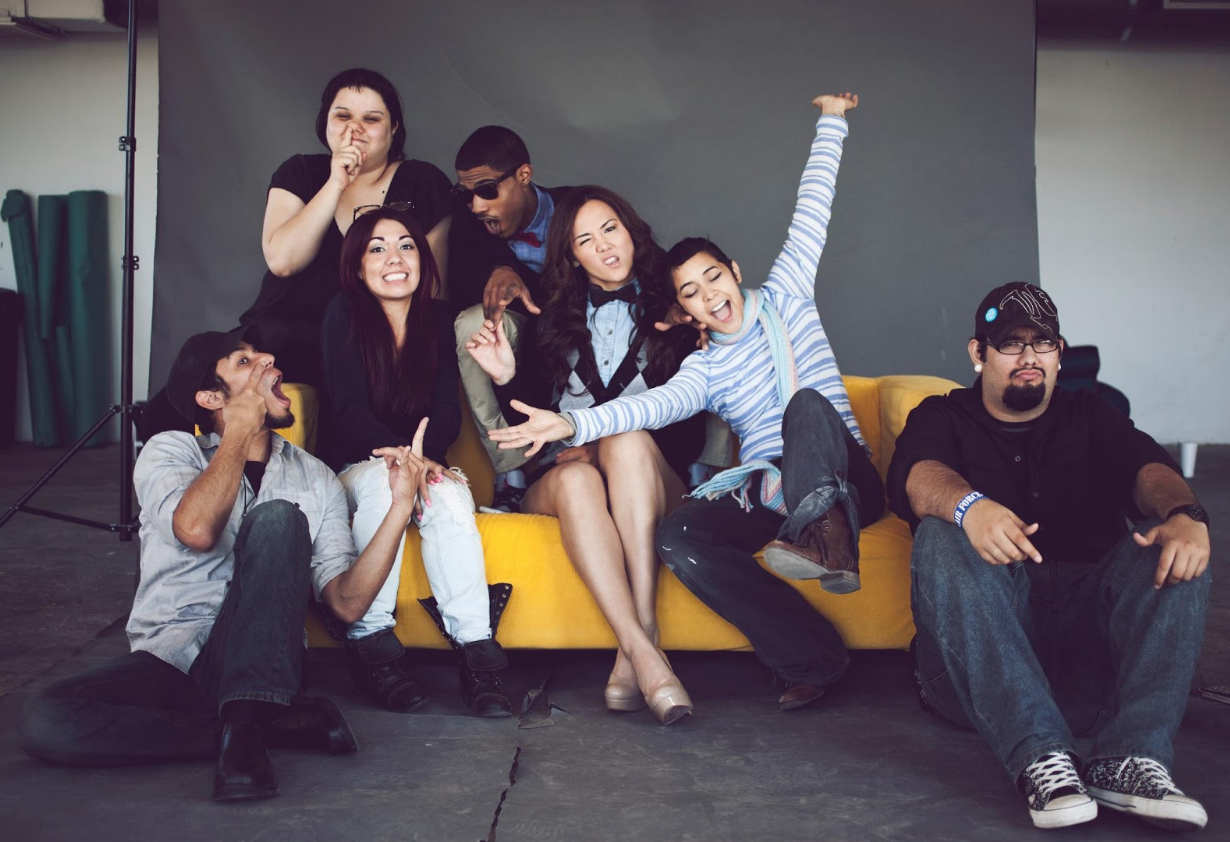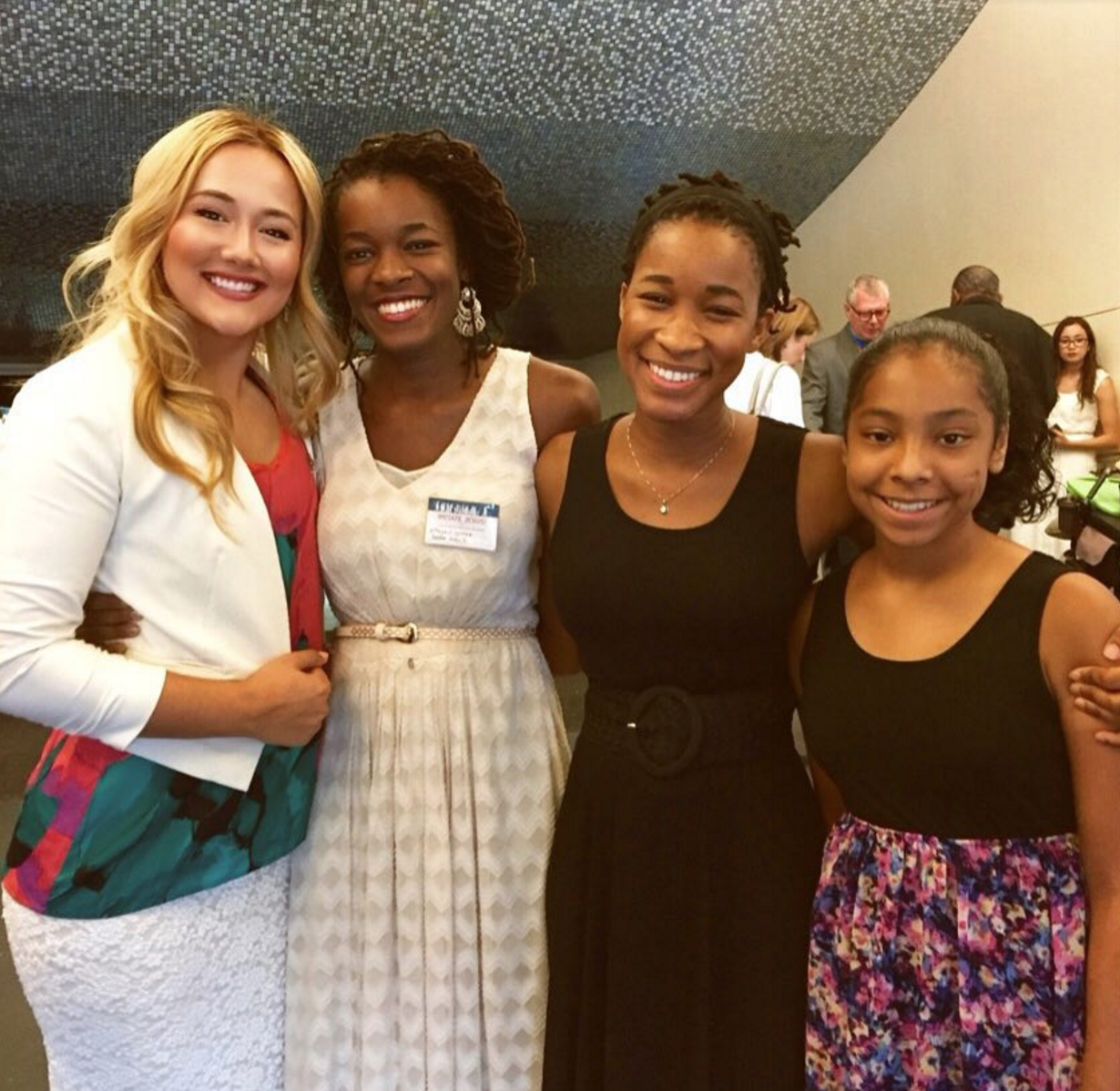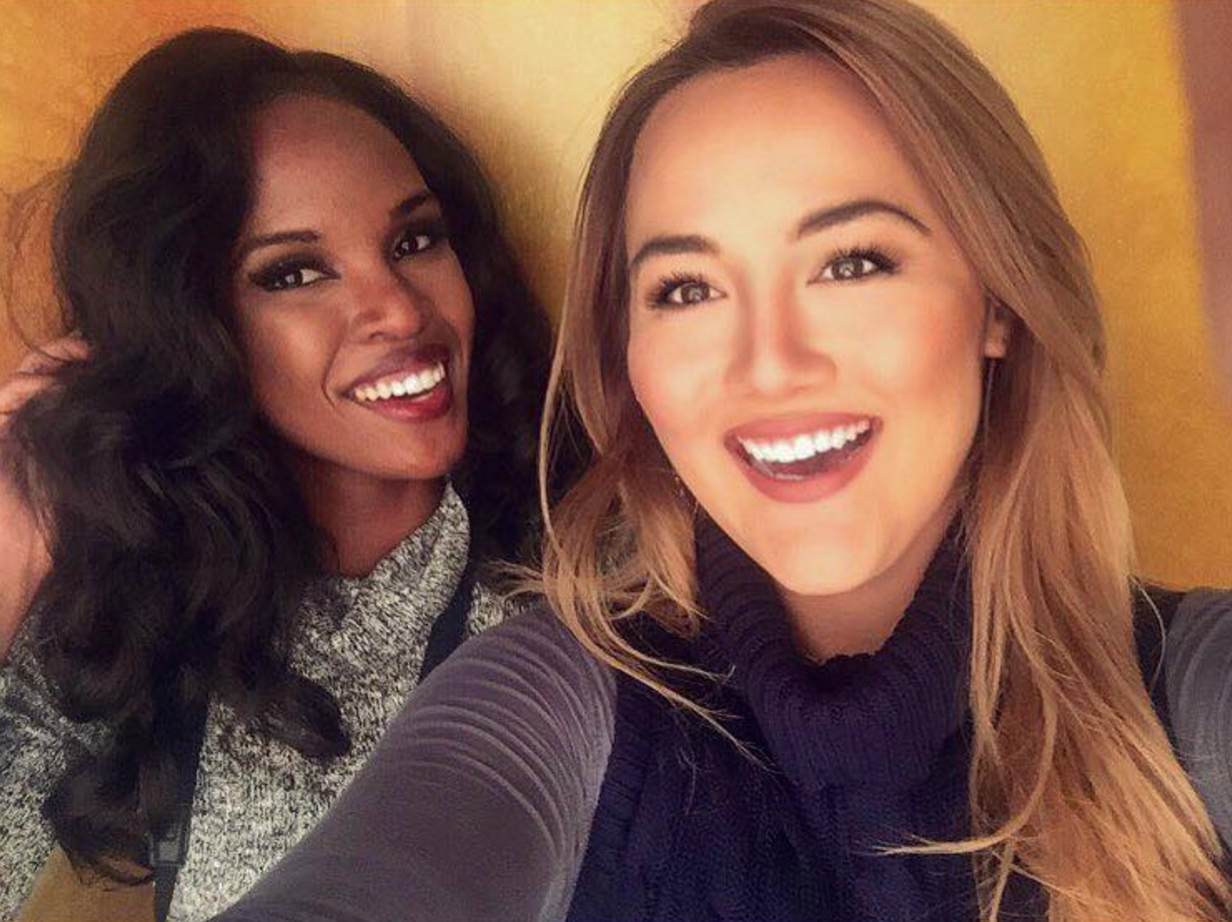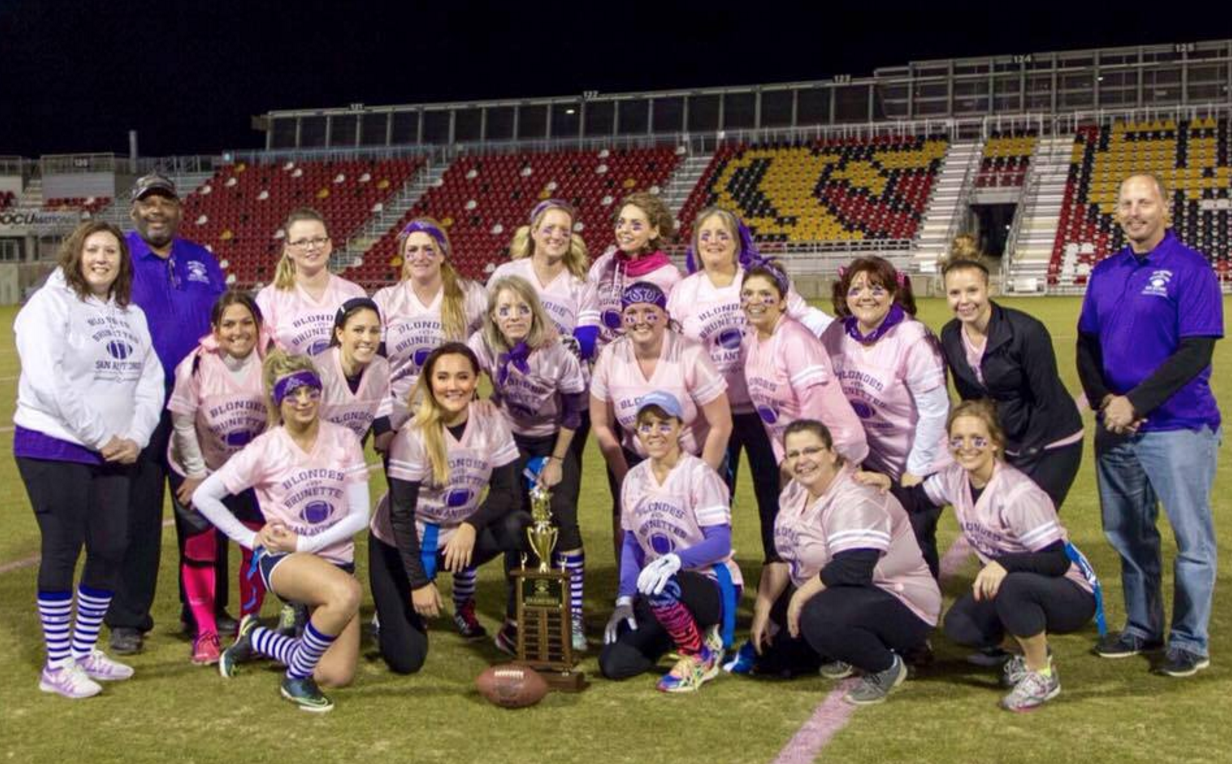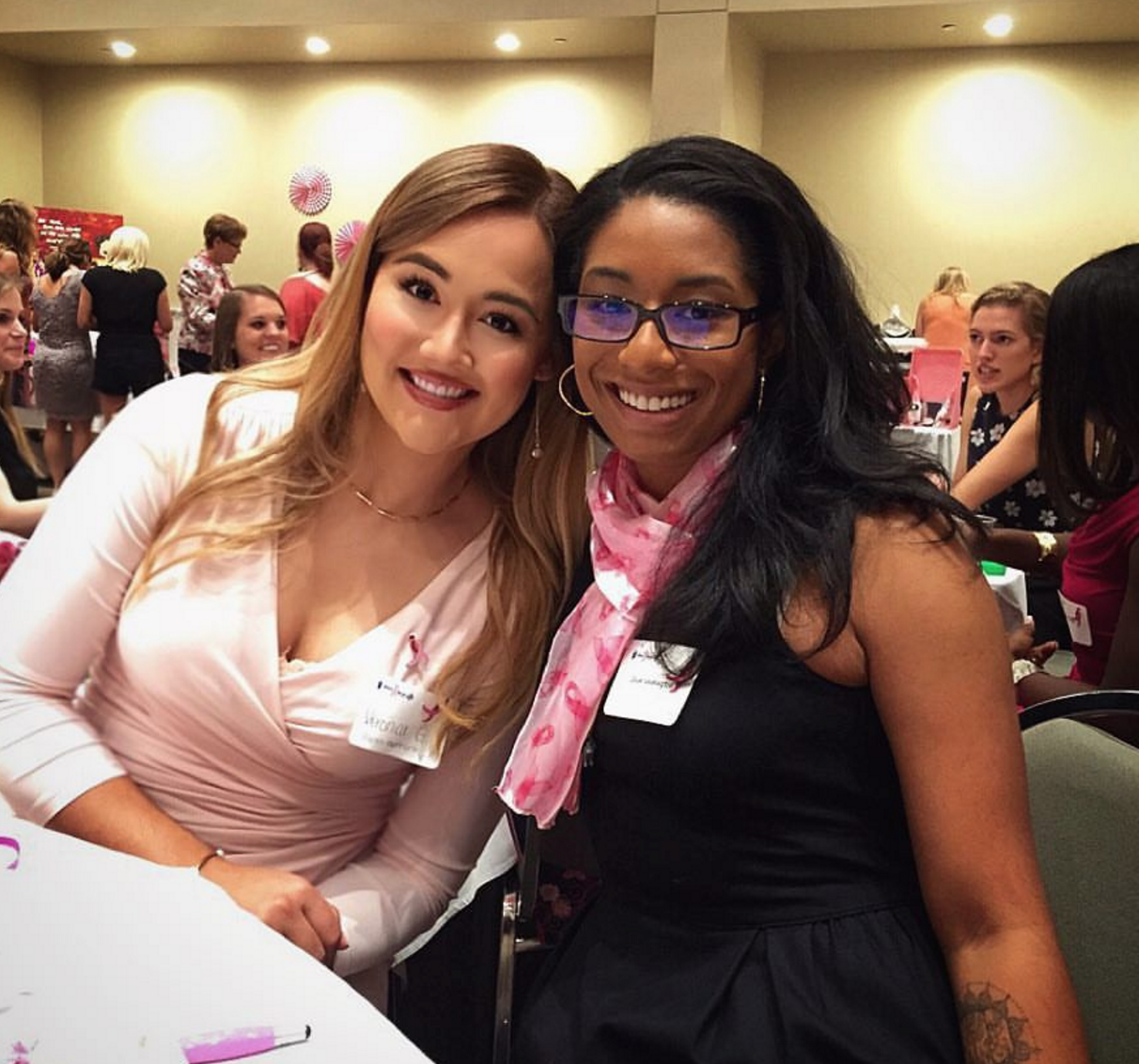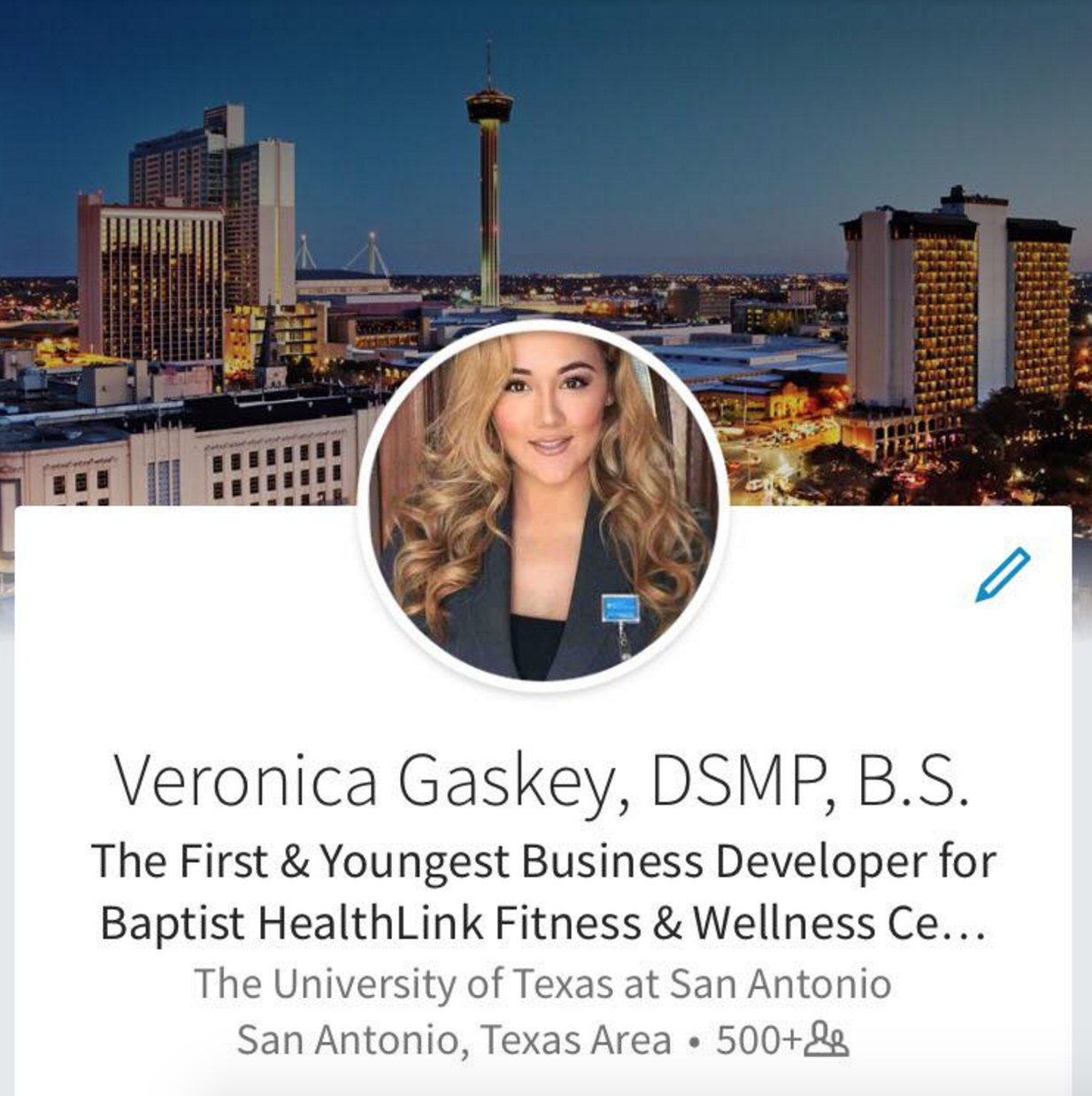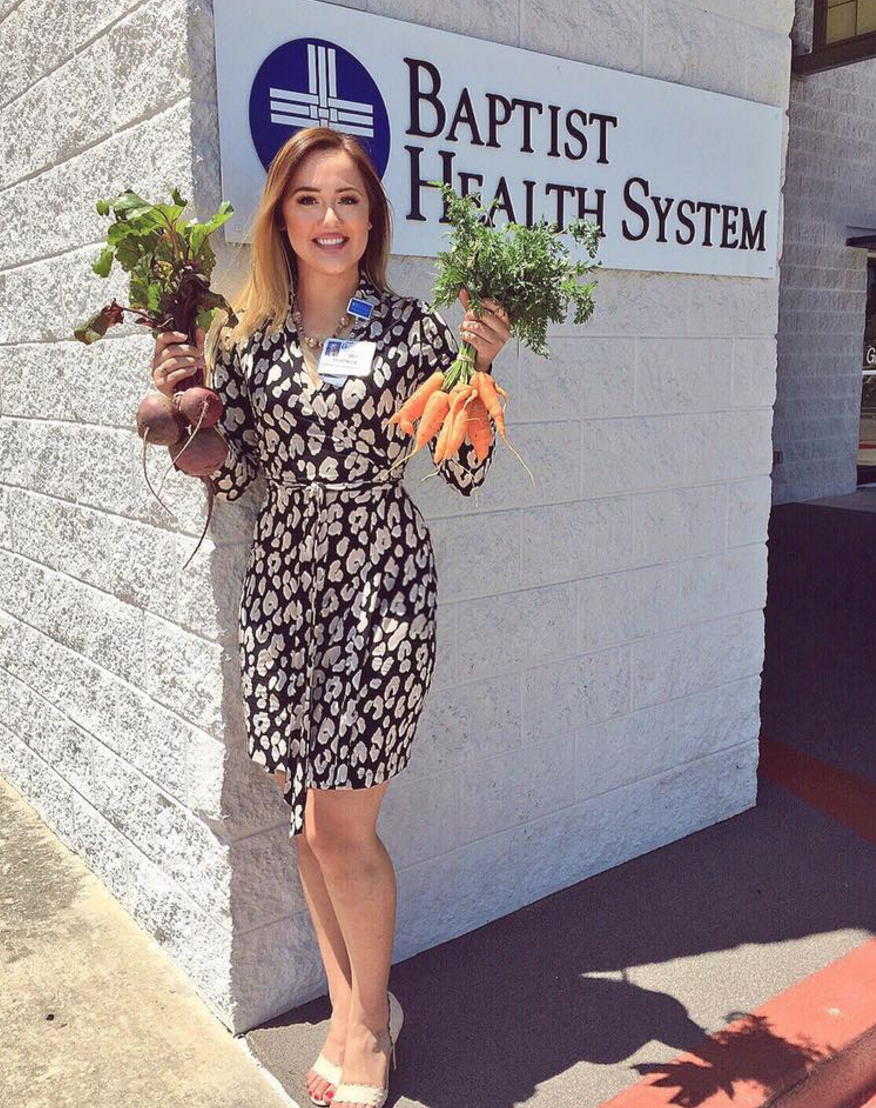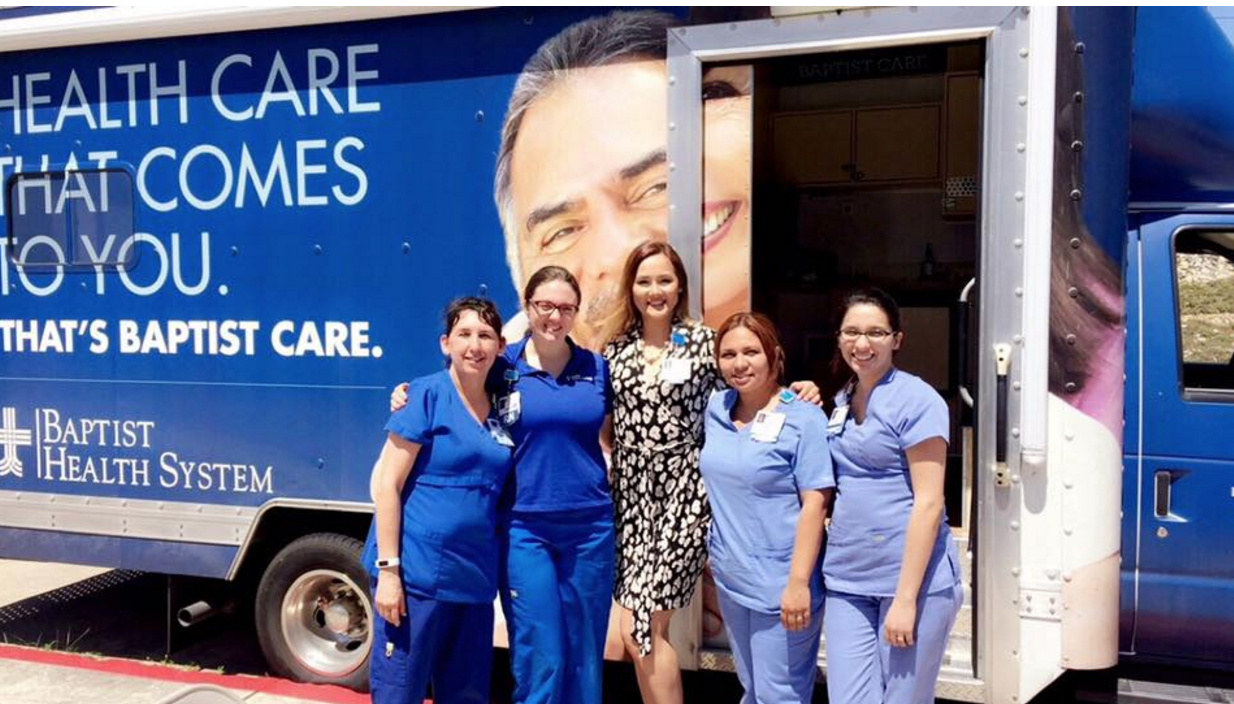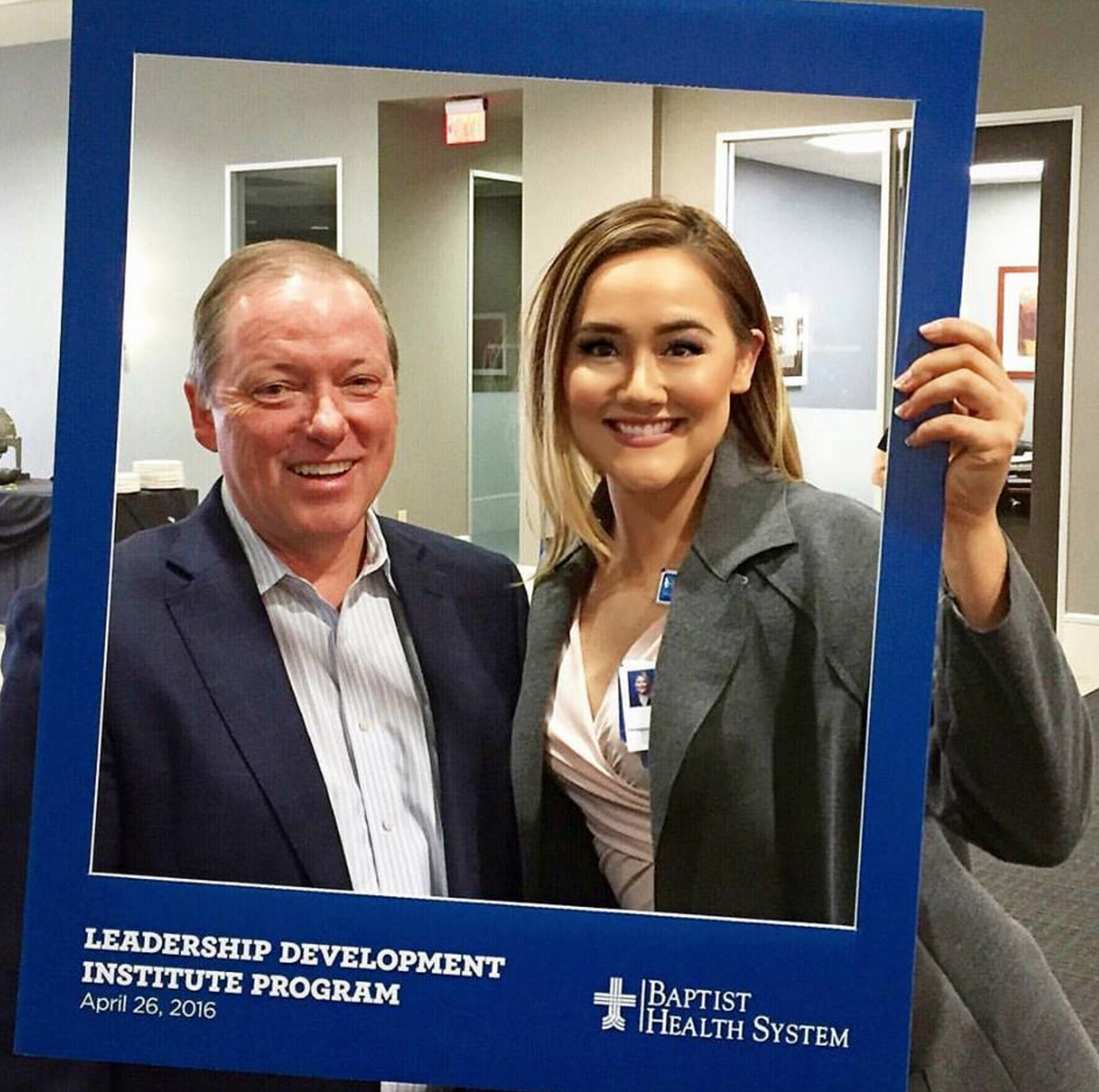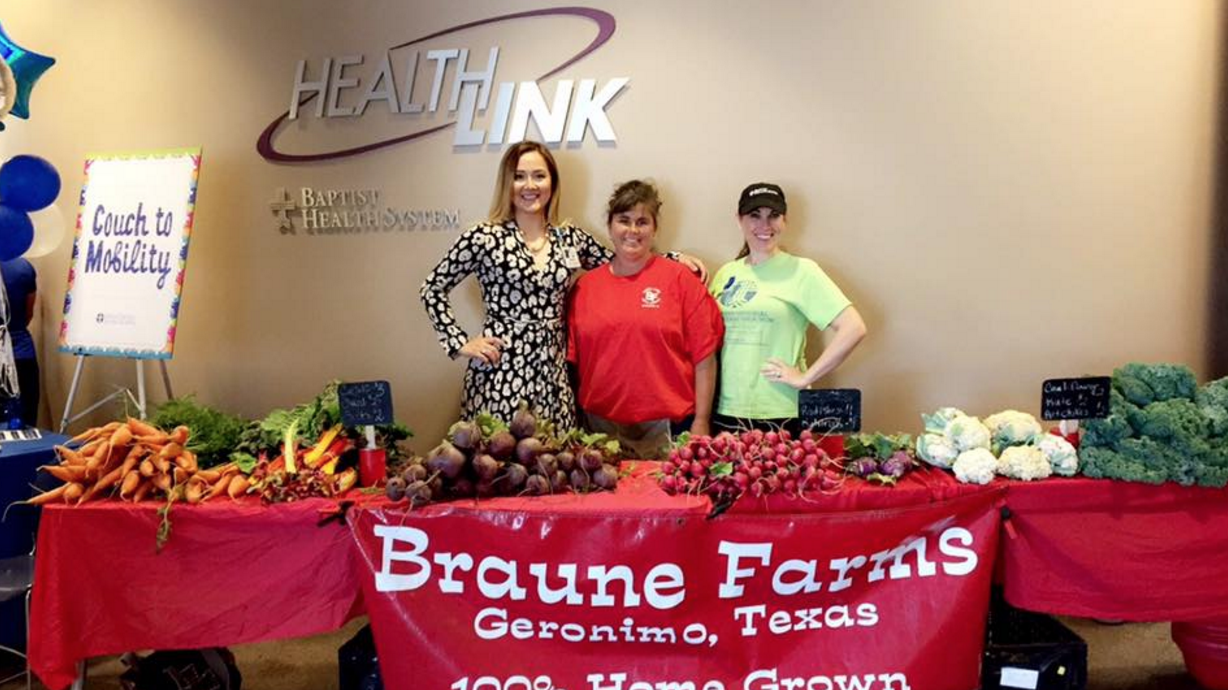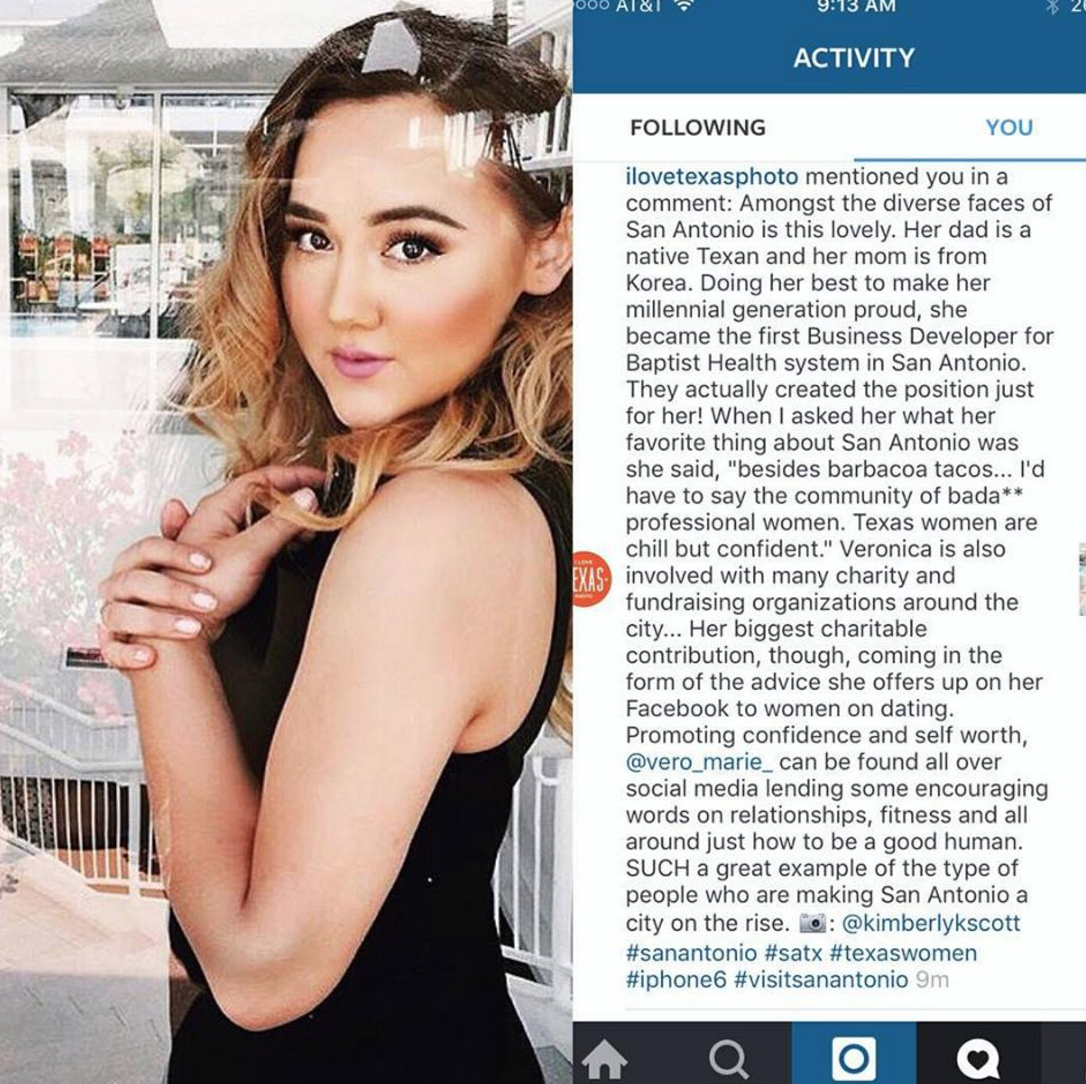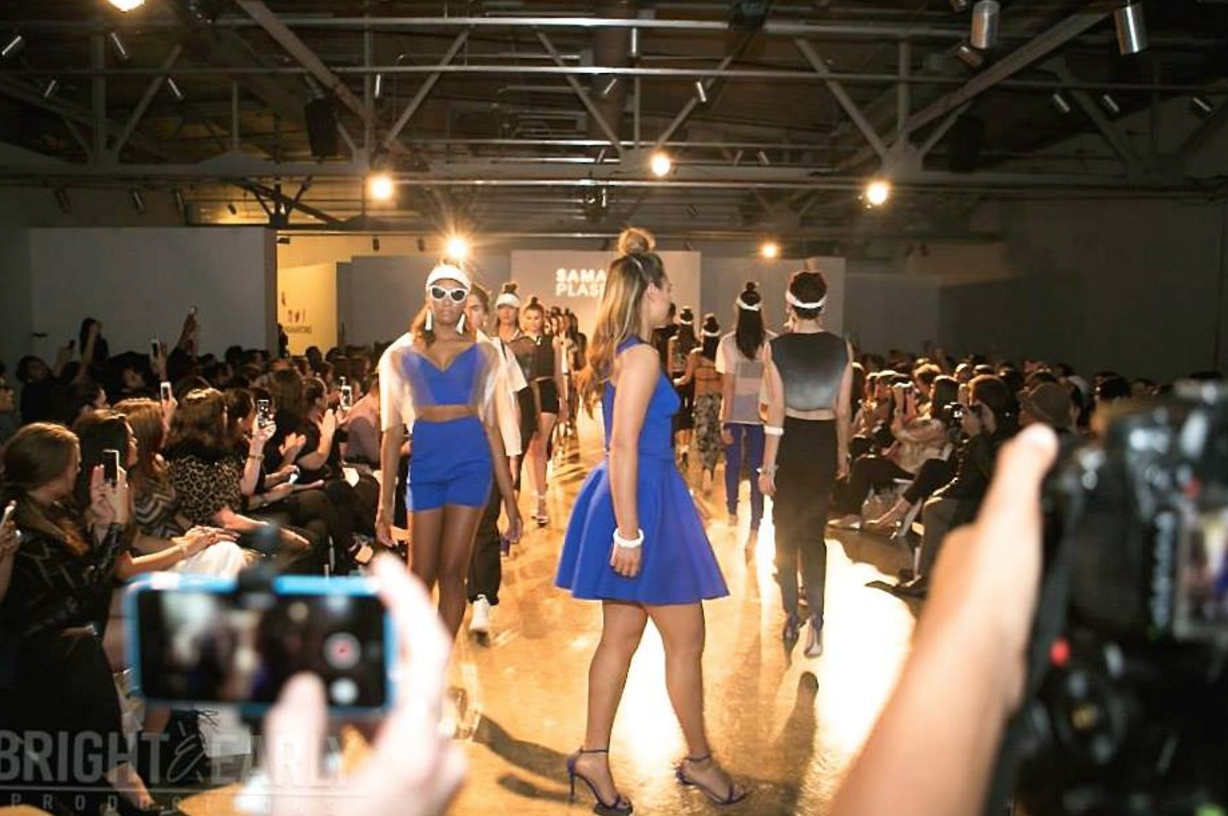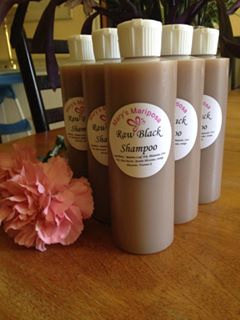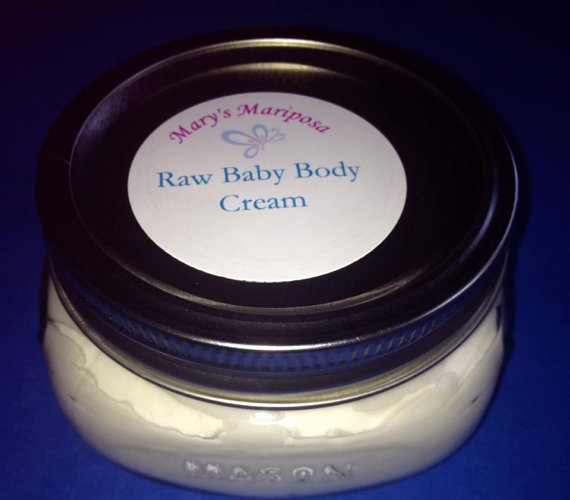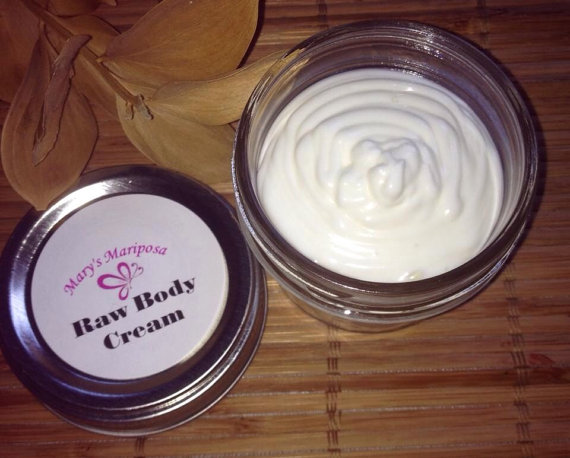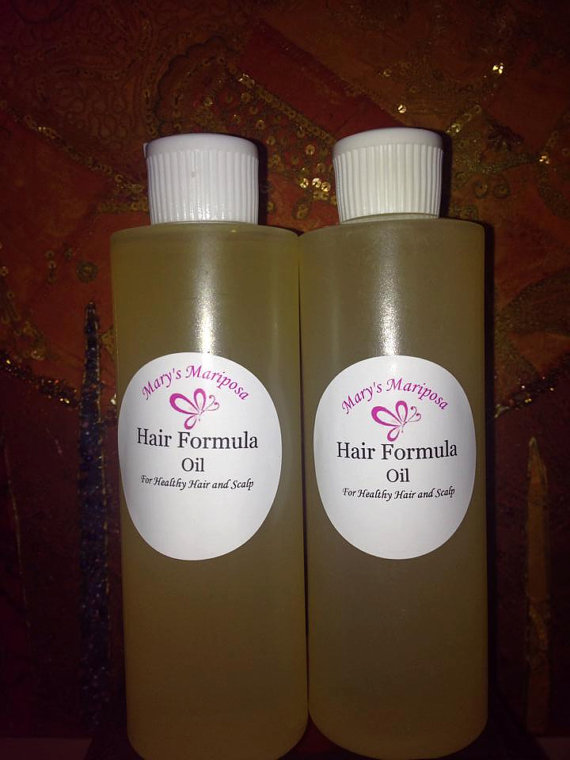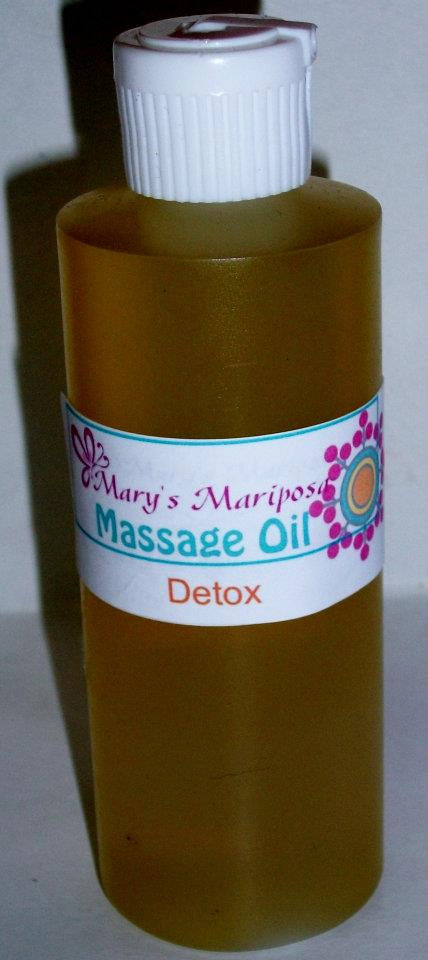Tiffany Noble, age 26
WHAT MIX ARE YOU?
White, Korean, Indian German and Irish. Asian Pacific Islander from Hawaii.
WHERE DO YOU CURRENTLY LIVE?
Houston, TX
IS THE COMMUNITY YOU LIVE IN NOW DIVERSE?
Semi. I live in an urban area.
WHERE DID YOU GROW UP?
Killeen, TX. Yes, it was extremely diverse because it is a military town. Everyone you met was either mixed or from some other part of the world. When I went to the University of Texas at Austin I was in shock at the lack of diversity.
HOW DID YOUR PARENTS MEET?
They met in a bar in Washington.
WERE THERE ANY SIGNIFICANT OBSTACLES IN THEIR RELATIONSHIP CORRELATED TO YOUR BACKGROUNDS?
Coming from my father's side, yes. They didn't like that fact that my mom was mixed half Korean and half white.
HAS YOUR EXTENDED FAMILY ALWAYS BEEN SUPPORTIVE OF YOU BEING MULTIRACIAL/BIRACIAL?
Overtime they became more open to my mom but not necessarily supportive because we have only met one of his aunts who welcomed us. No we did not spend a lot of time with my dad's side. Most time has been spent with my moms.
DID YOU CELEBRATE TRADITIONS FROM BOTH SIDES OF YOUR FAMILY?
Yes, when we did. We didn't celebrate too many cultural things in our household. We really only celebrate our culture food wise. We are part Korean so we always have a few Korean dishes at family gatherings or holidays.
WHAT DO YOU ENJOY MOST ABOUT YOUR CULTURAL BACKGROUND?
The food is amazing and the openness of my parents and family. Favorites: Golbi teriyaki, homemade egg rolls, homemade sushi bulgolgi.
WHAT ACTIONS DID YOUR PARENTS TAKE TO TEACH YOU ABOUT YOUR DIFFERENT BACKGROUNDS?
They always talked to us about respecting other cultures even if we didn't understand it. I don't remember any specific examples but they made sure we didn't judge a book by its cover.
DID YOU TALK ABOUT RACE A LOT IN YOUR HOUSEHOLD WHEN YOU WERE GROWING UP?
Not really because we grew up in such a diverse area it was hard to see race. We grew up knowing about each part of our culture equally.
DO YOU IDENTIFY AS MIXED OR SOMETHING ELSE?
Yes I am mixed. I am not just white no matter what skin shows. People assume we are white and then are shocked to find out I'm not 100 percent and it makes me a tad mad every now and then because I have to justify and have to have proof for people to believe me.
DOES RACE WEIGH INTO WHO YOU CHOOSE TO DATE?
No. My partner is black.
WHAT DOES BEING MIXED MEAN TO YOU?
It means I can identify with so many things it's awesome. I don't use it to my advantage or disadvantage.
DO YOU HAVE A LOT OF FRIENDS WHO ARE MIXED?
Yes. They show me all different types of cultures and expose me to app the good things we can learn from each other.
ARE THERE ANY COMMENTS YOU ARE REALLY TIRED OF HEARING FROM PEOPLE IN REGARDS TO RACE/CULTURE?
I hate the idea of white privilege no matter how prominent it may be somewhere. I've never tried to use it nor would I, but some assume it is used because I can pass for white.
WHAT IS YOUR DREAM FOR THE FUTURE OF AMERICA IN REGARDS TO RACE?
That everyone can stop blaming racism as the issue with society instead of the actions of people being the problem.


